Browse
By Subject: Development Studies
View: By Date | Alphabetical | eBooks | Paperbacks
-
eBook available
 Published April 2011
Published April 2011 Adventures in Aidland
The Anthropology of Professionals in International Development
Mosse, D. (ed)
Subjects: Applied Anthropology Development Studies
Hb
Paperback available -
eBook available
 Published April 2022
Published April 2022 African Political Systems Revisited
Changing Perspectives on Statehood and Power
Bošković, A. & Schlee, G. (eds)
Reexamining a classical work of Social Anthropology, African Political Systems (1940), edited by Fortes and Evans-Pritchard, this book looks at the colonial and academic context from which the work arose, as well as its reception and its subject matter and looks at how the work can help with analysis of current politics in Africa.
Subjects: Political and Economic Anthropology Colonial History Development Studies
Hb -
 Published July 2021
Published July 2021 After Corporate Paternalism
Material Renovation and Social Change in Times of Ruination
Straube, C.
In this ethnographic study of post-paternalist ruination and renovation, Christian Straube explores social change at the intersection of material decay and social disconnection in the former mine township Mpatamatu of Luanshya, one of the oldest mining towns on the Zambian Copperbelt.
Subjects: Anthropology (General) Development Studies Sociology
Paperback available -
 Published August 1996
Published August 1996 After Socialism
Land Reform and Social Change in Eastern Europe
Abrahams, R. (ed)
Subjects: History (General) Political and Economic Anthropology Development Studies
Hb
Paperback available -
eBook available
 Published September 2019
Published September 2019 Ambiguous Childhoods
Peer Socialisation, Schooling and Agency in a Zambian Village
Clemensen, N.
Drawing on rich linguistic-ethnographic details of Zambian children interacting, combined with observations of school and household procedures, the author provides a rare insight into the lives, voices, and learning paths of children in a rural African setting.
Subjects: Anthropology (General) Sociology Development Studies Educational Studies
Hb
Paperback available -
eBook available
 Published April 2022
Published April 2022 Arctic Abstractive Industry
Assembling the Valuable and Vulnerable North
Mason, A. (ed)
Examining the processes at work in sites of industrial extraction and ecological vulnerability in the contemporary Arctic, this book looks at the displacements that conceal exploitation, on the one hand, and appropriations of value on the other.
Subjects: Anthropology (General) Environmental Studies (General) Development Studies
Hb
Paperback available -
 Forthcoming August 2024
Forthcoming August 2024 The Attempt to Stay
Dam Building, Displacement, and Resistance in the Nile Valley, Sudan
Hänsch, V.
The construction of the Merowe Dam along the Nile in northern Sudan flooded local villages and forced thousands of inhabitants to flee to higher ground. This book follows the Manasir people’s attempts to resist state-run resettlement schemes, preserve their homeland, and try out meaningful ways of life along the emerging reservoir.
Subjects: Political and Economic Anthropology Development Studies Environmental Studies (General)
-
eBook available
 Published April 2021
Published April 2021 Authenticity and Authorship in Pacific Island Encounters
New Lives of Old Imaginaries
Mageo, J. & Knauft, B. (eds)
Reconsidering issues of representation in the insular Pacific, this volume explores authenticity and authorship in practice as “traveling concepts” that spawn cross-fertilization along the cultural and historical routes they traverse. The chapters are contextualized by a strongly theorized introduction that considers how notions of authenticity and authorship have developed in Western societies too.
Subjects: Anthropology (General) Development Studies
Hb -
 Published July 2002
Published July 2002 Bali and Beyond
Case Studies in the Anthropology of Tourism
Yamashita, S.
Subjects: Travel and Tourism Development Studies Anthropology (General)
Hb
Paperback available -
 Published May 2014
Published May 2014 Being a State and States of Being in Highland Georgia
Mühlfried, F.
Subjects: Anthropology (General) Mobility Studies Development Studies
Hb -
 Published February 2015
Published February 2015 Beyond the Lens of Conservation
Malagasy and Swiss Imaginations of One Another
Keller, E.
This ethnography examines how the cooperation between a national park in Madagascar and a Swiss zoo is perceived by ordinary people at either end. One view focuses on power and history, the other on morality and progress. Nature conservation therefore widens the gap between people in the North and South.
Subjects: Anthropology (General) Environmental Studies (General) Development Studies Political and Economic Anthropology
Hb
Paperback available -
eBook available
 Published March 2009
Published March 2009 Biopolitics, Militarism, and Development
Eritrea in the Twenty-First Century
O'Kane, D. & Hepner, T. R. (eds)
Subjects: Peace and Conflict Studies Development Studies Anthropology (General)
Hb
Paperback available -
 Forthcoming June 2024
Forthcoming June 2024 Black Schoolgirls in Space
Stories of Black Girlhoods Gathered on Educational Terrain
Ohito, E. O. & Mock Muñoz de Luna, L.
Black Schoolgirls in Space is a theoretical turn that advances the growing interest in transnational girlhoods by focusing on the Black girls as actors and agents in the construction of not only girlhood but also the educational worlds in which girlhoods are contained.
Subjects: Gender Studies and Sexuality Development Studies Sociology
-
 Published September 2012
Published September 2012 Bridging Divides
Ethno-Political Leadership among the Russian Sámi
Overland, I. & Berg-Nordlie, M.
Subject: Development Studies
Hb
Paperback available -
 Forthcoming October 2024
Forthcoming October 2024 Calibrated Engagement
Chronicles of Local Politics in the Heartland of Myanmar
Huard, S.
For decades, the heartland of Myanmar has been configured as a pacified space under military surveillance. A closer look reveals how politics is enacted at distance with the state. Calibrated Engagement weaves together ethnography and history to chronicle the transformation of rural politics in Anya, the dry lands of central Myanmar.
Subjects: Political and Economic Anthropology Development Studies
-
eBook available
 Published September 2018
Published September 2018 Cash Transfers in Context
An Anthropological Perspective
Olivier de Sardan, J.-P. & Piccoli, E. (eds)
Cash transfer programs have become the preferred channel for delivering emergency aid or tackling poverty in low-and middle-income countries. This book sheds light on their unpredicted consequences worldwide, detailing how they are used by actors to pursue their own strategies and how local populations relate to the external norms they impose.
Subjects: Anthropology (General) Development Studies Political and Economic Anthropology
Hb
Paperback available -
eBook available
 Published September 2021
Published September 2021 Cattle Poetics
How Aesthetics Shapes Politics in Mursiland, Ethiopia
Eczet, J.-B.
Loving cows, then killing them. The relation with cattle in Mursi country is shaped by the dichotomy between the value given to it during life and the death imposed upon it. This book investigates the link between the nurturing and killing of cattle, and its accompanying aesthetics, with Mursi society itself.
Subjects: Anthropology (General) Cultural Studies (General) Development Studies
Hb -
eBook available
 Published May 2006
Published May 2006 Changing Properties of Property
Benda-Beckmann, K. von, Benda-Beckmann, F. von & Wiber, M. (eds)
Subjects: Development Studies Anthropology (General)
Hb
Paperback available -
 Published October 2002
Published October 2002 Conservation and Mobile Indigenous Peoples
Displacement, Forced Settlement and Sustainable Development
Chatty, D. & Colchester, M. (eds)
Subjects: Refugee and Migration Studies Environmental Studies (General) Development Studies
Hb
Paperback available -
eBook available
 Published August 2021
Published August 2021 Constructing Risk
Disaster, Development, and the Built Environment
Bender, S. O.
Reviewing current policies and practices, the book assesses the financial, economic and physical risk of building in hazardous areas, and looks at how societies are trying to create a more resilient built environment in spite of the dangers.
Subjects: Environmental Studies (General) Development Studies Political and Economic Anthropology
Hb
Paperback available -
eBook available
 Published August 2021
Published August 2021 Contemporary Megaprojects
Organization, Vision, and Resistance in the 21st Century
Schindler, S., Fadaere, S., Brockington, D. (eds)
Contemporary “megaprojects” have evolved from the centralized, modernist projects undertaken in the past. With case studies ranging from mega-plantations in Southeast Asia to sports events, Contemporary Megaprojects explores the increasing ambition and pervasiveness of these projects, as well as their significant impact on both society and the environment.
Subjects: Development Studies Environmental Studies (General) Cultural Studies (General)
Hb
Paperback available -
eBook available
 Published February 2023
Published February 2023 Continental Encampment
Genealogies of Humanitarian Containment in the Middle East and Europe
Knudsen, A. J. & Berg, K. G. (eds)
During the past decade, Syria’s displacement crisis has made the Middle East one of the world’s foremost refugee-hosting regions. The volume explores responses to mass migration and traces the genealogy of humanitarian containment from the Ottoman Empire and the emergence of the first refugee camps to the present-day displacement ‘crises’ and the re-bordering of Europe.
Subjects: Anthropology (General) Refugee and Migration Studies Development Studies
Hb -
 Published July 1996
Published July 1996 Coping with Tourists
European Reactions to Mass Tourism
Boissevain, J. (ed)
Subjects: Travel and Tourism Development Studies Anthropology (General)
Hb
Paperback available -
eBook available
 Published March 2013
Published March 2013 The Death of the Big Men and the Rise of the Big Shots
Custom and Conflict in East New Britain
Martin, K.
Subjects: Anthropology (General) Development Studies
Hb
Paperback available -
eBook available
 Published December 2018
Published December 2018 Democracy Struggles
NGOs and the Politics of Aid in Serbia
Vetta, T.
This book explores the “associational revolution” in post-socialist, post-conflict Serbia. It traces the boom of local NGOs since the 1990s in the context of the global political economy of Aid, neoliberal state restructuring, and shifting post-Cold War hegemonies, and unpacks the various forms of dispossession and inequality entailed in the democracy-promotion project.
Subjects: Anthropology (General) Development Studies Political and Economic Anthropology
Hb -
eBook available
 Published November 2023
Published November 2023 Designing Knowledge Economies for Disaster Resilience
Case Studies from the African Diaspora
Waldron-Moore, P. (ed)
Acknowledging that low economic development and high climate costs do not equitably coexist, this collected volume interrogates the challenge for disaster-prone territories to determine supplemental strategies for restructuring and redesigning their environment.
Subjects: Environmental Studies (General) Political and Economic Anthropology Development Studies
-
 Published January 2009
Published January 2009 Developing Skill, Developing Vision
Practices of Locality at the Foot of the Alps
Grasseni, C.
Subjects: Development Studies Anthropology (General)
Hb -
 Published November 2005
Published November 2005 Development-induced Displacement
Problems, Policies and People
de Wet, Chris (ed)
Subjects: Refugee and Migration Studies Development Studies Theory and Methodology
Hb
Paperback available -
 Published September 2015
Published September 2015 Developmentality
An Ethnography of the World Bank-Uganda Partnership
Sande Lie, J. H.
Drawing on ethnographic fieldwork within the World Bank and a Ugandan ministry, this book critically examines how the new aid architecture recasts aid relations in terms of a partnership.
Subjects: Development Studies Anthropology (General)
Hb -
eBook available
 Published April 2012
Published April 2012 Differentiating Development
Beyond an Anthropology of Critique
Venkatesan, S. & Yarrow, T. (eds)
Subjects: Development Studies Anthropology (General)
Hb
Paperback available -
 Published June 2014
Published June 2014 Dignity for the Voiceless
Willem Assies's Anthropological Work in Context
Salman, T., Marti i Puig, S., & Haar, G. van der (eds)
“This is a fascinating body of work…I was most impressed by his balance of "hard" political-science analysis and the softer socio-cultural interpretations and by the balance of theory and applied work (scholarship speaking to real world contemporary problems).” · Edward Fischer, Vanderbilt University
Willem Assies explored the messy, often untidy daily lives of people, with their inconsistencies, irrationalities, and passions, but also with their hopes, sense of beauty, solidarity, and quest for dignity. This collection brings together some of Willem Assies’ best, most fascinating, and still highly relevant writings.
Subjects: Anthropology (General) Development Studies
Hb -
 Published December 2010
Published December 2010 Displacement Beyond Conflict
Challenges for the 21st Century
McDowell, C. & Morrell, G.
Subjects: Peace and Conflict Studies Refugee and Migration Studies Development Studies
Hb -
 Published June 2006
Published June 2006 The Education of Nomadic Peoples
Current Issues, Future Perspectives
Dyer, C.
Subjects: Educational Studies Development Studies Anthropology (General) Refugee and Migration Studies
Hb -
eBook available
 Published February 2024
Published February 2024 Embodying Exchange
Materiality, Morality and Global Commodity Chains in Andean Commerce
Müller, J.
Embodying Exchange addresses the infrastructural, legal and moral complexities in contemporary world trade through an ethnographic analysis of the interface of multinational brand manufacturers and popular traders in the Bolivian Andes.
Subjects: Political and Economic Anthropology Development Studies
Hb -
 Published March 2022
Published March 2022 Engaging Environments in Tonga
Cultivating Beauty and Nurturing Relations in a Changing World
Perminow, A. A.
On March 11, 2011, a tsunami warning was issued for Tonga in Polynesia. On the low and small island of Kotu, people were unperturbed in the face of pending catastrophe. The book is an ethnography of the relationship between people and their environment based on fieldwork over three decades.
Subjects: Anthropology (General) Environmental Studies (General) Development Studies
Paperback available -
 Published December 1998
Published December 1998 Engendering Forced Migration
Theory and Practice
Indra, D. (ed)
Subjects: Refugee and Migration Studies Gender Studies and Sexuality Development Studies Theory and Methodology
Hb
Paperback available -
eBook available
 Published June 2010
Published June 2010 Ethnobotany in the New Europe
People, Health and Wild Plant Resources
Pardo-de-Santayana, M., Pieroni, A. & Puri, R. (eds)
Subjects: Environmental Studies (General) Development Studies Anthropology (General) Medical Anthropology
Hb
Paperback available -
 Published September 2011
Published September 2011 Evidence, Ethos and Experiment
The Anthropology and History of Medical Research in Africa
Geissler, P. W. & Molyneux, C. (eds)
Subjects: Medical Anthropology Development Studies
Hb
Paperback available -
eBook available
 Published May 2023
Published May 2023 Exchange and Markets in Early Economic Development
Informal Economy in the Three New Guineas
Conroy, J. D.
The idea of an informal economy emerged from, and is a critique of, the ideology of ‘economic development’. It originated from Keith Hart’s recognition of informal economic activity in 1960s Ghana. In the context of four colonialisms – German, British, Australian and Dutch – this book recounts Hart’s effort in 1972 to introduce the informal ‘sector’ into development planning in Papua New Guinea.
Subjects: Political and Economic Anthropology Development Studies Colonial History
Hb -
 Published November 2007
Published November 2007 Experiencing New Worlds
Wassmann, J. & Stockhaus, K. (eds)
Subjects: Development Studies Anthropology (General)
hb -
eBook available
 Published October 2001
Published October 2001 Fear in Bongoland
Burundi Refugees in Urban Tanzania
Sommers, M.
Subjects: Refugee and Migration Studies Peace and Conflict Studies Development Studies
Hb
Paperback available -
eBook available
 Published August 2019
Published August 2019 Fierce Medicines, Fragile Socialities
Grounding Global HIV Treatment in Tanzania
Mattes, D.
Looking at Tanga, a city on the Tanzanian Swahili coast, Dominik Mattes examines the implementation of antiretroviral HIV-treatment (ART) in the area, exploring the manifold infrastructural and social fragilities of treatment provision in public HIV clinics as well as patients’ multi-layered struggles of coming to terms with ART in their everyday lives.
Subjects: Medical Anthropology Development Studies
Hb
Paperback available -
 Published December 2008
Published December 2008 Fishers and Scientists in Modern Turkey
The Management of Natural Resources, Knowledge and Identity on the Eastern Black Sea Coast
Knudsen, S.
Subjects: Environmental Studies (General) Development Studies Anthropology (General)
Hb
Paperback available -
eBook available
 Published December 2016
Published December 2016 The Forest People without a Forest
Development Paradoxes, Belonging and Participation of the Baka in East Cameroon
Lueong, G. M.
The Forest People without a Forest explores how the Baka, who live in Eastern Cameroon, assert forms of belonging in order to participate in development interventions, and how community life is shaped and reshaped through these interventions. These interventions raise paradoxes of belonging for the Baka, and are often targeted toward competing and contradictory goals.
Subjects: Development Studies Anthropology (General) Environmental Studies (General)
Hb
Paperback available -
eBook available
 Published February 2024
Published February 2024 Fragile Futures
Ambiguities of Care in Burkina Faso
Samuelsen, H.
Caring for small children and the family in Burkina Faso is hard work. Although the health infrastructure in Burkina Faso is weak and many citizens feel neglected by the state, Fragile Futures shows that the state continues to play an important role in people’s engagements and hopes for a better future.
Subjects: Anthropology (General) Medical Anthropology Development Studies
Hb -
 Published April 2015
Published April 2015 The Franco-Mauritian Elite
Power and Anxiety in the Face of Change
Salverda, T.
Mauritian Independence in 1968 marked the end of the heyday of the island’s Franco-Mauritian elite, who are now is faced with a more diverse power constellation. This book focuses on the power of these white elites still lingering on in postcolonial realities, and addresses how this group aims to prolong its position over time.
Subjects: Anthropology (General) Development Studies
Hb -
eBook available
 Published August 2009
Published August 2009 Gardening the World
Agency, Identity and the Ownership of Water
Strang, V.
Subjects: Environmental Studies (General) Development Studies
Hb
Paperback available -
eBook available
 Published May 2022
Published May 2022 Gender, Power, and Non-Governance
Is Female to Male as NGO Is to State?
Timmer, A. D. & Wirtz, E. (eds)
Using Sherry Ortner’s analogy of Female/Nature, Male/Culture, this volume interrogates the gendered aspects of governance by exploring the NGO/State relationship. By examining how NGOs/States perform gendered roles and actions and the gendered divisions of labor involved in different types of institutional engagement, this volume attends to the ways in which gender and governance constitute flexible, relational, and contingent systems of power.
Subjects: Gender Studies and Sexuality Anthropology (General) Development Studies
Hb -
 Published April 2023
Published April 2023 The Girl in the Pandemic
Transnational Perspectives
Mitchell, C. & Smith, A. (eds)
The early and critical stages of the pandemic presented exacerbated risks to the lives of girls and young women. The Girl in the Pandemic takes a diverse range of scholars across the world, particularly from the Global South, to document and contribute to a large narrative of what a post-pandemic future may bring for girls and young women.
Subjects: Gender Studies and Sexuality Development Studies Sociology
-
eBook available
 Published December 2023
Published December 2023 Girls in Global Development
Figurations of Gendered Power
Switzer, H., Desai, K., & Bent, E. (eds)
Slating new directions in conversations surrounding gender, development, human rights, investment, and equality, Girls in Global Development theorizes the intersection of girlhood and global development through the novel concept of “Girls in Development” or GID.
Subjects: Gender Studies and Sexuality Development Studies Sociology
Hb -
 Forthcoming July 2024
Forthcoming July 2024 The Global Life of Mines
Mining and Post-Mining in Comparative Perspective
Pusceddu, A. M. & Zerilli, F. M. (eds)
The Global Life of Mines provides a comprehensive framework examining the spatial and temporal relationships between mining and postmining as interrelated and coexisting features within the global minescape.
Subjects: Political and Economic Anthropology Sociology Development Studies
-
eBook available
 Published December 2002
Published December 2002 Globalization in Southeast Asia
Local, National, and Transnational Perspectives
Yamashita, S. & Eades, J.S. (eds)
Subjects: Anthropology (General) Development Studies
Hb
Paperback available -
eBook available
 Published May 2017
Published May 2017 The Good Holiday
Development, Tourism and the Politics of Benevolence in Mozambique
Baptista, J. A.
Drawing on ethnographic research in the village of Canhane, host to the first community tourism project in Mozambique, this volume explores the influence of development and tourism in relation to ethics, and non-state governance in contemporary life.
Subjects: Anthropology (General) Development Studies Travel and Tourism
Hb -
 Published May 2022
Published May 2022 Grazing Communities
Pastoralism on the Move and Biocultural Heritage Frictions
Bindi, L. (ed)
The present critical discourse on sustainable and responsible development implies a change of practices, a huge socio-economic transformation, and the return of new shepherds and herders in different European regions. This book is an occasion to reconsider grazing communities’ frictions in the new global heritage scenario.
Subjects: Anthropology (General) Sociology Development Studies
Paperback available -
 Published June 2006
Published June 2006 Green Encounters
Shaping and Contesting Environmentalism in Rural Costa Rica
Vivanco, L. A.
Subjects: Environmental Studies (General) Anthropology (General) Development Studies
Hb
Paperback available -
eBook available
 Published January 2024
Published January 2024 Houses Transformed
Anthropological Perspectives on Changing Practices of Dwelling and Building
Alderman, J. & Stolz, R. (eds)
Houses Transformed explores the intersection of house biographies and social change, the politics of housing design, the social fabrication of aspirational houses, the domestication of concrete and the intersection of materiality and ontology, and the rhetoric of the vernacular.
Subjects: Anthropology (General) Sociology Development Studies
Hb -
 Published April 2000
Published April 2000 Hunters and Gatherers in the Modern World
Conflict, Resistance, and Self-Determination
Biesele, M., Hitchcock, R. & Schweitzer, P. (eds)
Subjects: Development Studies Environmental Studies (General) Peace and Conflict Studies
Hb
Paperback available -
 Published August 1997
Published August 1997 Identity, Gender and Poverty
New Perspectives on Caste and Tribe in Rajasthan
Unnithan-Kumar, M.
Subjects: Gender Studies and Sexuality Development Studies Anthropology (General)
Hb -
eBook available
 Published September 2008
Published September 2008 The Impact of Electricity
Development, Desires and Dilemmas
Winther, T.
Subjects: Development Studies Anthropology (General)
Hb
Paperback available -
eBook available
 Published September 2015
Published September 2015 In the Absence of the Gift
New Forms of Value and Personhood in a Papua New Guinea Community
Rasmussen, A. E.
Nearly half the people born on the remote Mbuke Islands become teachers, businessmen, or bureaucrats in urban centers, while those who stay at home ask migrant relatives “What about me?” This detailed ethnography sheds light on remittance motivations and documents how terms like “community” can be useful in places otherwise permeated by kinship.
Subjects: Anthropology (General) Development Studies Sociology
Hb
Paperback available -
eBook available
 Published June 2017
Published June 2017 Indigeneity and the Sacred
Indigenous Revival and the Conservation of Sacred Natural Sites in the Americas
Sarmiento, F. & Hitchner, S. (eds)
This important contribution presents current research in the political ecology of indigenous revival and its role in nature conservation of sacred natural sites in the Americas. The book explores how struggles for land, rights, and political power are embedded within physical landscapes, and how indigenous identity is reformed as globalizing forces simultaneously threaten and promote the notion of indigeneity.
Subjects: Environmental Studies (General) Development Studies Anthropology (General) Heritage Studies
Hb
Paperback available -
 Published September 1997
Published September 1997 Indigenous Rights and Development
Self-Determination in an Amazonian Community
Gray, A.
Subjects: Development Studies Anthropology (General)
Hb
Paperback available -
 Published April 2023
Published April 2023 Integrating Strangers
Sherbro Identity and The Politics of Reciprocity along the Sierra Leonean Coast
Ménard, A.
Drawing on an ethnography of Sherbro coastal communities in Sierra Leone, this book analyses the politics and practice of identity through the lens of the reciprocal relations that exist between socio-ethnic groups. Anaïs Ménard examines the implications of the social arrangement that binds landlords and strangers in a frontier region, the Freetown Peninsula, characterized by high degrees of individual mobility and social interactions.
Subjects: Anthropology (General) Political and Economic Anthropology Development Studies
-
eBook available
 Published January 2021
Published January 2021 Lands of the Future
Anthropological Perspectives on Pastoralism, Land Deals and Tropes of Modernity in Eastern Africa
Gabbert, E. C., Gebresenbet, F., Galaty, J. G., & Schlee, G. (eds)
Rangeland, forests and riverine landscapes of pastoral communities in Eastern Africa are increasingly under threat. Abetted by states who think that outsiders can better use the lands than the people who have lived there for centuries, outside commercial interests have displaced indigenous dwellers from pastoral territories. This volume presents case studies from Eastern Africa.
Subjects: Anthropology (General) Development Studies Mobility Studies Environmental Studies (General)
Hb
Paperback available -
eBook available
 Published February 2010
Published February 2010 Landscape Ethnoecology
Concepts of Biotic and Physical Space
Johnson, L. M. & Hunn, E. S. (eds)
Subjects: Environmental Studies (General) Development Studies Anthropology (General)
Hb
Paperback available -
eBook available
 Published April 2009
Published April 2009 Landscape, Process and Power
Re-evaluating Traditional Environmental Knowledge
Heckler, S. (ed)
Subjects: Environmental Studies (General) Development Studies Anthropology (General)
Hb
Paperback available -
 Published March 1997
Published March 1997 The Last Shaman
Change in an Amazonian Community
Gray, A.
Subjects: Anthropology (General) Anthropology of Religion Development Studies Literary Studies
Hb
Paperback available -
eBook available
 Published July 2016
Published July 2016 Living on Thin Ice
The Gwich'in Natives of Alaska
Dinero, S. C.
Using quantitative and qualitative data gathered since the turn of the millennium, this volume offers an interdisciplinary evaluation of social and economic changes amongst the Gwich’in Natives of Alaska.
Subjects: Anthropology (General) Development Studies Urban Studies
Hb
Paperback available -
 Published December 2006
Published December 2006 Local Science Vs Global Science
Approaches to Indigenous Knowledge in International Development
Sillitoe, P. (ed)
Subjects: Environmental Studies (General) Development Studies Anthropology (General)
Hb
Paperback available -
eBook available
 Published October 2015
Published October 2015 Making Ubumwe
Power, State and Camps in Rwanda's Unity-Building Project
Purdeková, A.
Since the end of the Rwandan genocide, the new political elite has been challenged with building a unified nation. The book investigates this project of civic education, the explosion of neo-traditional institutions and activities, and the uses of camps and retreats that come together to shape the “ideal” Rwandan citizen.
Subjects: Anthropology (General) Refugee and Migration Studies Development Studies
Hb
Paperback available -
 Published January 2015
Published January 2015 Making a Difference?
Social Assessment Policy and Praxis and its Emergence in China
Price, S. & Robinson, K. (eds)
This collection of essays locates recent Chinese experience with development in a historical and comparative perspective. Contributors − social scientists employed by international development banks, national government agencies, and sub-contracting groups – use real-life experience to examine development policies from a practitioner’s perspective.
Subjects: Development Studies Anthropology (General)
Hb -
 Published January 2007
Published January 2007 Making Peace with the Earth
What Future for the Human Species and the Planet
Bindé, J. (ed)
Subjects: Environmental Studies (General) Development Studies
Pb -
 Published July 2022
Published July 2022 Making Things Happen
Community Participation and Disaster Reconstruction in Pakistan
Murphy Thomas, J.
Making Things Happen is about the sociocultural side of post-disaster infrastructure reconstruction, drawing on one project, the Pakistan Earthquake Reconstruction and Recovery Project (PERRP). As disasters are increasing in number and intensity so too will be the need for reconstruction, for which PERRP has lessons to offer.
Subjects: Applied Anthropology Development Studies
Paperback available -
eBook available
 Published May 2019
Published May 2019 Management by Seclusion
A Critique of World Bank Promises to End Global Poverty
Cochrane, G.
Assessing the World Bank’s attempts to combat global poverty over the past 50 years, anthropologist and former World Bank Advisor Glynn Cochrane argues that instead of the Bank’s prevailing strategy of “management by seclusion,” poverty alleviation requires personal engagement with the poorest by helpers with hands-on local and cultural skills.
Subjects: Anthropology (General) Development Studies
Hb
Paperback available -
eBook available
 Published March 2020
Published March 2020 Media Practices and Changing African Socialities
Non-media-centric Perspectives
Helle-Valle, J. & Strom-Mathiesen, A. (eds)
Deriving from innovative new work by six researchers, this book questions what the new media's role is in contemporary Africa. The focus is on media-related practices, which require engagement with different perspectives and concerns while situating these in a wider analytical context.
Subjects: Media Studies Anthropology (General) Development Studies
Hb -
 Published January 2014
Published January 2014 Metallic Modern
Everyday Machines in Colonial Sri Lanka
Wickramasinghe, N.
Subjects: Colonial History Cultural Studies (General) Development Studies
Hb -
 Published November 2007
Published November 2007 Migration Without Borders
Essays on the Free Movement of People
Pécoud, A. & Guchteneire, P. de (eds)
Subjects: Refugee and Migration Studies Mobility Studies Development Studies
Hb
Paperback available -
 Published September 2011
Published September 2011 The Migration-Displacement Nexus
Patterns, Processes, and Policies
Koser, K. & Martin, S. (eds)
Subjects: Refugee and Migration Studies Development Studies
Hb -
eBook available
 Published July 2007
Published July 2007 Modern Crises and Traditional Strategies
Local Ecological Knowledge in Island Southeast Asia
Ellen, R. (ed)
Subjects: Environmental Studies (General) Development Studies Anthropology (General)
Hb
Paperback available -
 Published April 2015
Published April 2015 Multidimensional Change in Sudan (1989–2011)
Reshaping Livelihoods, Conflicts and Identities
Casciarri, B., Assal, M.A.M. & Ireton, F. (eds)
Based on original fieldwork collected in Sudan from 2006 to 2011, contributors’ look at “access to resources” from various disciplinary approaches — socio-anthropology, geography, politics, history, linguistic. The book analyzes major transformations, from the 1980s to South Sudan’s independence in 2011, which affected the country in the framework of “globalization.”
Subjects: Anthropology (General) Development Studies
Hb
Paperback available -
eBook available
 Published August 2019
Published August 2019 Muted Memories
Heritage-Making, Bagamoyo, and the East African Caravan Trade
Lindström, J.
This book examines the centrality of the East African Caravan Trade to Bagamoyo, a Tanzanian port town on the Indian Ocean, and explores the way that this history was silenced when Bagamoyo was instead branded as a slave route town in 2006 in an attempt to qualify it for the UNESCO World Heritage List.
Subjects: Anthropology (General) Heritage Studies Development Studies
Hb -
 Published September 1996
Published September 1996 Mythology, Spirituality, and History
Gray, A.
Subjects: Anthropology (General) Anthropology of Religion Development Studies Literary Studies
Hb
Paperback available -
eBook available
 Published March 2022
Published March 2022 A New African Elite
Place in the Making of a Bridge Generation
Pellow, D.
Focusing on a sub-set of the Dagomba of northern Ghana, this book looks at the first generation to go through secondary school in the north. This book charts their path into elite status and argues that this generation uses the tools gained through education and social connections to influence politics back home.
Subjects: Anthropology (General) Mobility Studies Development Studies
Hb -
 Published December 2004
Published December 2004 A New Look At Thai Aids
Perspectives from the Margin
Fordham, G.
Subjects: Medical Anthropology Development Studies
Hb
Paperback available -
eBook available
 Published June 2021
Published June 2021 NGOs and Lifeworlds in Africa
Transdisciplinary Perspectives
Kalfelis, M. C. & Knodel, K. (eds)
Non-governmental organizations (NGOs) have become ubiquitous in the development sector in Africa and attracting more academic attention. However, the fact that NGOs are an integral part of the everyday lives of men and women on the continent has been overlooked thus far. By taking a radical empirical stance, this book studies NGOs as a vital part of the lifeworlds of Africans.
Subjects: Development Studies Anthropology (General)
Hb -
eBook available
 Published February 2012
Published February 2012 Nordic Paths to Modernity
Árnason, J. P. & Wittrock, B. (eds)
Subjects: Development Studies History (General) Sociology
Hb
Paperback available -
 Published October 2007
Published October 2007 On Perpetual Peace
A Timely Assessment
Senghaas, D.
Subjects: Peace and Conflict Studies Development Studies
Hb
Paperback available -
 Published July 2023
Published July 2023 Once Upon a Time is Now
A Kalahari Memoir
Biesele, M.
Fifty years after her first fieldwork with Ju/'hoan San hunter-gatherers, anthropologist Megan Biesele has written this exceptional memoir based on personal journals she wrote at the time.
Subjects: Anthropology (General) Cultural Studies (General) Development Studies
Paperback available -
 Published July 2014
Published July 2014 Pacific Futures
Projects, Politics and Interests
Rollason, W. (ed)
Pacific Futures asks how our understanding of social life in the Pacific would be different if we approached it from the perspective of the futures which Pacific people dream of, predict or struggle to achieve, not the reproduction of cultural tradition. From Christianity to gambling, marriage to cargo cult, military coups to reflections on childhood fishing trips, the contributors to this volume show how Pacific people are actively shaping their lives with the future in mind.
Subjects: Anthropology (General) Development Studies
Hb -
eBook available
 Published November 2018
Published November 2018 Pacific Realities
Changing Perspectives on Resilience and Resistance
Dousset, L. & Nayral, M. (eds)
In the context of dramatic changes and processes of “glocalization” across the Pacific region, and avoiding conventional “local-global” dichotomies, this volume explores the new and multifaceted forms of resistance and resilience through which communities attempt to regain their original social, political, and economic status and structure after disruption or displacement.
Subjects: Anthropology (General) Development Studies Political and Economic Anthropology
Hb -
eBook available
 Published October 2022
Published October 2022 Pacific Spaces
Translations and Transmutations
Engels-Schwarzpaul, A.-C., Lopesi, L., & Refiti, A. L. (eds)
Delving into Pacific spaces from a variety of disciplinary perspectives and interpretations, this book looks at how the anthropological and architectural can be connected.
Subjects: Anthropology (General) Cultural Studies (General) Development Studies
Hb -
eBook available
 Published January 2018
Published January 2018 The Partial Revolution
Labour, Social Movements and the Invisible Hand of Mao in Western Nepal
Hoffmann, M.
Located in the far-western Tarai region of Nepal, Kailali has been the site of dynamic social and political change in recent history. The Partial Revolution examines Kailali in the aftermath of Nepal’s Maoist insurgency, focusing primarily on the end of Kailali’s feudal system of bonded labor.
Subjects: Political and Economic Anthropology Development Studies Peace and Conflict Studies
Hb -
 Published May 2011
Published May 2011 Patrons of Women
Literacy Projects and Gender Development in Rural Nepal
Hertzog, E.
Subjects: Gender Studies and Sexuality Development Studies Anthropology (General)
Paperback available -
eBook available
 Published October 2014
Published October 2014 People, Money and Power in the Economic Crisis
Perspectives from the Global South
Hart, K. & Sharp, J. (eds)
The Cold War was fought between “state socialism” and “the free market.” That fluctuating relationship between public power and private money continues today, unfolding in new and unforeseen ways during the economic crisis. Nine case studies -- from Southern Africa, South Asia, Brazil, and Atlantic Africa – examine economic life from the perspective of ordinary people in places that are normally marginal to global discourse, covering a range of class positions from the bottom to the top of society.
Subjects: Anthropology (General) Development Studies Political and Economic Anthropology
Hb
Paperback available -
eBook available
 Published March 2019
Published March 2019 Playing the Marginality Game
Identity Politics in West Africa
Schroven, A.
In Guinea, situated in the background of central government struggles, rural elites, through the use of identity politics, employ history and contemporary political reforms to maintain their privileges and perpetuate a generation-old local social contract that bridges ethnic and religious divides.
Subjects: Anthropology (General) Sociology Development Studies
Hb -
eBook available
 Published July 2010
Published July 2010 Politics of Innocence
Hutu Identity, Conflict and Camp Life
Turner, S.
Subjects: Refugee and Migration Studies Peace and Conflict Studies Development Studies
Hb
Paperback available -
 Published March 1999
Published March 1999 Poverty in Transition and Transition in Poverty
Recent Developments in Hungary, Bulgaria, Romania, Georgia, Russia, and Mongolia
Atal, Y. (ed)
Subjects: Development Studies Sociology
Hb
Paperback available -
eBook available
 Published May 2009
Published May 2009 The Power of Law in a Transnational World
Anthropological Enquiries
Benda-Beckmann, F. von, Benda-Beckmann, K. von & Griffiths, A. (eds)
Subjects: Development Studies Anthropology (General)
Hb
Paperback available -
 Published December 2007
Published December 2007 The Problem of Money
African Agency & Western Medicine in Northern Ghana
Bierlich, B. M.
Subjects: Medical Anthropology Development Studies
hb -
 Published April 1999
Published April 1999 Refugee Policy in Sudan 1967-1984
Karadawi, A.
Subjects: Refugee and Migration Studies Development Studies Anthropology (General)
Hb -
eBook available
 Published June 2004
Published June 2004 Refugees and the Transformation of Societies
Agency, Policies, Ethics and Politics
Essed, P., Frerks, G. & Schrijvers, J. (eds)
Subjects: Refugee and Migration Studies Development Studies Peace and Conflict Studies
Hb
Paperback available -
 Published July 2010
Published July 2010 Region-building
Vol. I: The Global Proliferation of Regional Integration
Kuehnhardt, L.
Subject: Development Studies
Hb -
 Published July 2010
Published July 2010 Region-building
Vol. II: Regional Integration in the World: Documents
Kuehnhardt, L. (ed.)
Subject: Development Studies
Hb -
 Published April 2007
Published April 2007 Resistance and the State
Nepalese Experiences
Gellner, D.
Subjects: Development Studies Anthropology (General)
Hb -
eBook available
 Published July 2004
Published July 2004 Resistance in an Amazonian Community
Huaorani Organizing against the Global Economy
Ziegler-Otero, L.
Subjects: Development Studies Sociology
Hb
Paperback available -
eBook available
 Published March 2019
Published March 2019 Rethinking and Unthinking Development
Perspectives on Inequality and Poverty in South Africa and Zimbabwe
Mpofu, B. & Ndlovu-Gatsheni, S. J. (eds)
Through theoretical contributions and case studies focusing on South Africa and Zimbabwe, this volume attempts to rethink (and unthink) development discourses and practices in southern Africa. The authors explore the ways in which legacies of colonialism impact development, as well as other factors such as regional politics, corruption, and socio-economic and cultural barriers.
Subjects: Development Studies Political and Economic Anthropology
Hb
Paperback available -
 Published July 2007
Published July 2007 Rethinking Migration
New Theoretical and Empirical Perspectives
Portes, A. & DeWind, J. (eds)
Subjects: Refugee and Migration Studies Theory and Methodology Development Studies
Hb
Paperback available -
 Published April 2005
Published April 2005 Rights in Exile
Janus-Faced Humanitarianism
Verdirame, G. & Harrell-Bond, B.
Subjects: Refugee and Migration Studies Development Studies Anthropology (General)
Hb
Paperback available -
eBook available
 Published November 2008
Published November 2008 Slipping Away
Banana Politics and Fair Trade in the Eastern Caribbean
Moberg, M.
Subjects: Refugee and Migration Studies Development Studies
Hb
Paperback available -
eBook available
 Published July 2015
Published July 2015 Social Quality Theory
A New Perspective on Social Development
Herrmann, P. & Lin, K. (eds)
Tracing the expansion of social quality theory and presenting its different aspects, this volume assesses societal progress and makes proposals that are relevant for policy making. Its rich diversity of approaches and cross-national comparisons reveal the increasingly important role of social quality theory for informing political debates on development and sustainability.
Subjects: Sociology Development Studies
Pb -
eBook available
 Published July 2015
Published July 2015 The State and the Grassroots
Immigrant Transnational Organizations in Four Continents
Portes, A. & Fernández-Kelly, P. (eds)
Whereas most of the literature on migration focuses on individuals and their families, this book studies the organizations created by immigrants to protect themselves in their receiving states. Comparing eighteen of these grassroots organizations formed across the world, researchers focus on the internal structure and activities of these organizations as they relate to developmental initiatives.
Subjects: Refugee and Migration Studies Development Studies
Hb
Paperback available -
 Published April 2007
Published April 2007 Sustainability and Communities of Place
Maida, C. (ed)
Subjects: Environmental Studies (General) Development Studies Anthropology (General)
Hb
Paperback available -
eBook available
 Published August 2014
Published August 2014 Sustainable Development
An Appraisal from the Gulf Region
Sillitoe, P. (ed)
With growing evidence of unsustainable use of the world’s resources, such as hydrocarbon reserves, and related environmental pollution, as in alarming climate change predictions, sustainable development is arguably the prominent issue of the 21st century. Bringing together university faculty and government personnel from the Gulf, Europe, and North America this volume gives a wide ranging introduction focusing on the arid Gulf region and beyond, where the challenges of sustainable development are starkly evident.
Subjects: Environmental Studies (General) Development Studies Geography
Hb
Paperback available -
 Published January 2023
Published January 2023 This Land Is Not For Sale
Trust and Transitions in Northern Uganda
Meinert, L. & Reynolds Whyte, S. (eds)
As violent conflict has declined in northern Uganda, tensions and mistrust concerning land have increased. Residents try to deal with acquisitions by investors and exclusions from forests and wildlife reserves. Using extended case studies, collaborating researchers analyze the principles and practices that shape access to land. Contributors examine the multiplicity of land claims, the nature of transactions, and the management of conflicts.
Subjects: Political and Economic Anthropology Development Studies Sociology
Paperback available -
 Published December 2002
Published December 2002 Tibetans in Nepal
The Dynamics of International Assistance among a Community in Exile
Frechette, A.
Subjects: Refugee and Migration Studies Development Studies
Hb
Paperback available -
eBook available
 Published July 2020
Published July 2020 Tides of Empire
Religion, Development, and Environment in Cambodia
Work, C.
Set at the forested edge of Cambodia’s frontier, this book shares stories and insights from migrants, loggers, and soldiers carving homesteads into a new village. The stories included in this book show the fluid boundaries of social, economic and political classifications in the area, and that the inhabitants’ poverty or wealth reveal the legacy of imperial power.
Subjects: Anthropology (General) Development Studies Anthropology of Religion
Hb -
eBook available
 Published February 2015
Published February 2015 Trapped in the Gap
Doing Good in Indigenous Australia
Kowal, E.
Trapped in the Gap explores what happens when a group of state-supported, intelligent and well-meaning people attempt to help without harming. This group of “white anti-racists” find themselves trapped by endless ambiguities, contradictions, and double binds, a microcosm of the broader dilemmas of postcolonial societies.
Subjects: Anthropology (General) Development Studies
Hb
Paperback available -
eBook available
 Published December 2007
Published December 2007 Traveling Cultures and Plants
The Ethnobiology and Ethnopharmacy of Human Migrations
Pieroni, A. & Vandebroek, I. (eds)
Subjects: Environmental Studies (General) Refugee and Migration Studies Development Studies Anthropology (General)
Hb
Paperback available -
 Published September 1996
Published September 1996 Understanding Impoverishment
The Consequences of Development-Induced Displacement
McDowell, C. (ed)
Subjects: Refugee and Migration Studies Development Studies Theory and Methodology
Hb
Paperback available -
eBook available
 Published November 2009
Published November 2009 United in Discontent
Local Responses to Cosmopolitanism and Globalization
Theodossopoulos, D. & Kirtsoglou, E. (eds)
Subjects: Development Studies Anthropology (General)
hb -
 Published May 2011
Published May 2011 Unruly Hills
A Political Ecology of India's Northeast
Karlsson, B. G.
Subjects: Environmental Studies (General) Development Studies Anthropology (General)
Hb -
eBook available
 Published August 2010
Published August 2010 Urban Pollution
Cultural Meanings, Social Practices
Dürr, E. & Jaffe, R. (eds)
Subjects: Environmental Studies (General) Urban Studies Development Studies Anthropology (General)
Hb
Paperback available -
eBook available
 Published November 2009
Published November 2009 Virtualism, Governance and Practice
Vision and Execution in Environmental Conservation
Carrier, J. C. & West, P. (eds)
Subjects: Environmental Studies (General) Development Studies Anthropology (General) Applied Anthropology
Hb
Paperback available -
 Published January 2006
Published January 2006 Water - A Shared Responsibility
United Nations
Subjects: Environmental Studies (General) Development Studies
Pb -
 Published April 2003
Published April 2003 Water for People – Water for Life
United Nations
Subjects: Environmental Studies (General) Development Studies
Hb
Paperback available -
eBook available
 Published October 2020
Published October 2020 We Come as Members of the Superior Race
Distortions and Education Policy Discourse in Sub-Saharan Africa
Mfum-Mensah, O.
We Come as Members of the Superior Race discusses the stereotype of Africans as “primitive” and “unintelligent,” exploring how this legacy has enforced contemporary educational and development discourses which view African societies as subordinated in a global geopolitical order, and how it continues to influence education policy in Sub-Sahara Africa today.
Subjects: Educational Studies Development Studies Sociology
Hb -
 Published August 2011
Published August 2011 Weathering the World
Recovery in the Wake of the Tsunami in a Tamil Fishing Village
Hastrup, F.
Subjects: Environmental Studies (General) Development Studies Anthropology (General)
Hb -
 Published September 2015
Published September 2015 Where Are All Our Sheep?
Kyrgyzstan, A Global Political Arena
Petric, B.
After the USSR collapsed, Kyrgyzstan followed a path of economic liberalization, but after a few years, they produced little, and the country’s principal industry of sheep breeding was decimated. This led to dependence on international aid, and ensuing comical encounters between the local population and well-meaning foreigners who help them.
Subjects: Anthropology (General) Development Studies
Hb -
eBook available
 Published February 2016
Published February 2016 Who Knows Tomorrow?
Uncertainty in North-Eastern Sudan
Calkins, S.
Uncertainty, though intertwined with all human activity, is experienced differently—sometimes obsessed over and other times ignored. This ethnography shows how Rashaida in north-eastern Sudan deal with unknowns, which at times present debilitating problems, but also may offer opportunities to create other futures.
Subjects: Anthropology (General) Development Studies
Hb
Paperback available -
eBook available
 Published October 2022
Published October 2022 Ӧmie Sex Affiliation
A Papuan Nature
Rohatynskyj, M.
The practice of affiliating the female child with the mother and the male child with the father was considered a rare and inexplicable practice in Papua New Guinean ethnography at the time the original data was collected some forty years ago. Marta Rohatynskyj undertakes a shift in her analytical concepts to reveal the deep-seated disjuncture between female and male that this practice represents.
Subjects: Anthropology (General) Gender Studies and Sexuality Development Studies
Hb

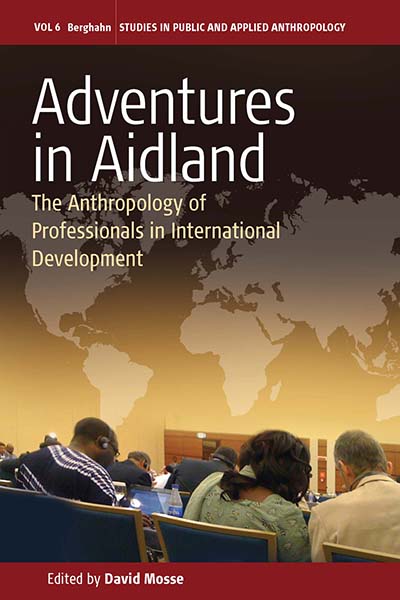 Published April 2011
Published April 2011 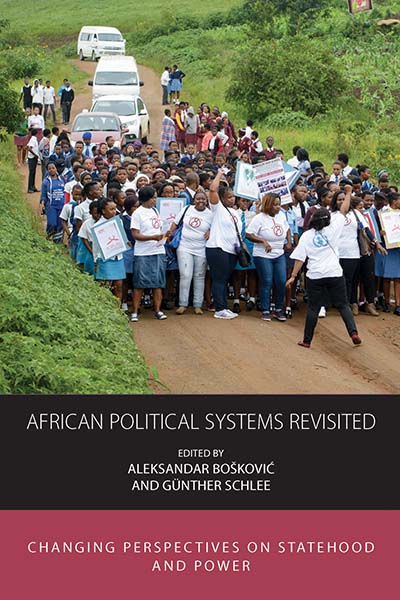 Published April 2022
Published April 2022  Published July 2021
Published July 2021 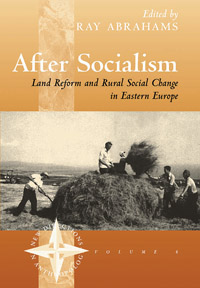 Published August 1996
Published August 1996 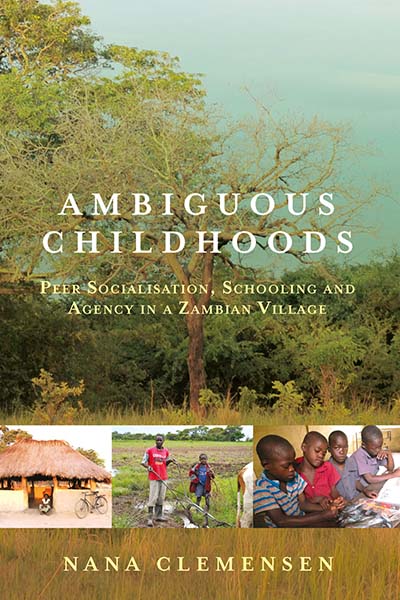 Published September 2019
Published September 2019  Published April 2022
Published April 2022 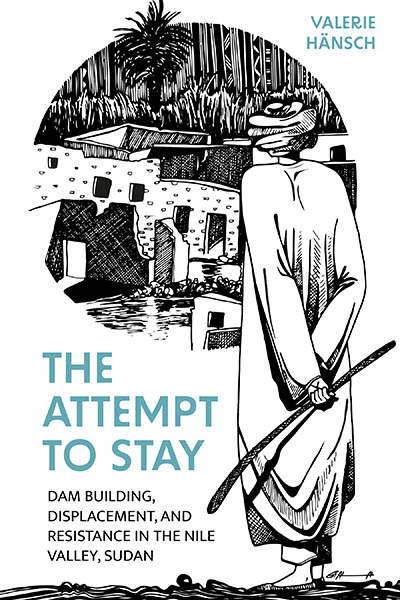 Forthcoming August 2024
Forthcoming August 2024 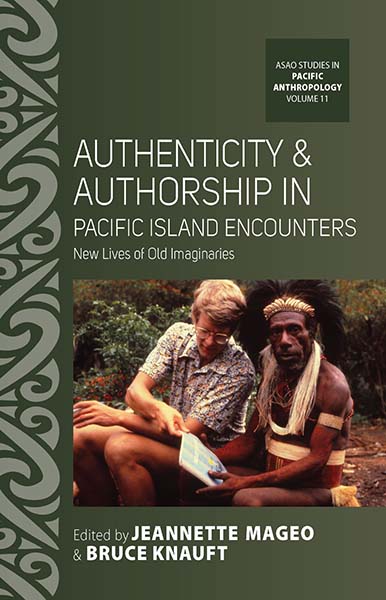 Published April 2021
Published April 2021 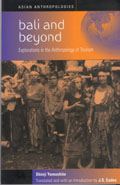 Published July 2002
Published July 2002 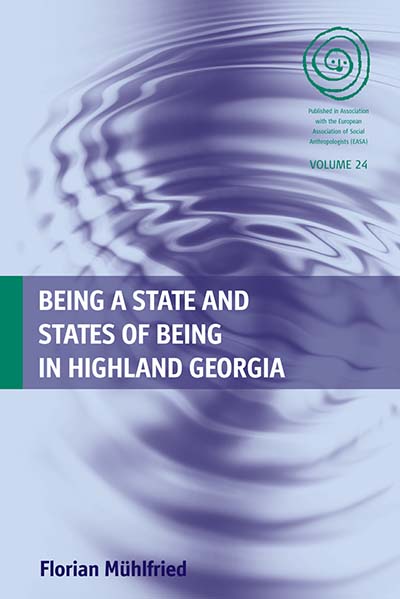 Published May 2014
Published May 2014 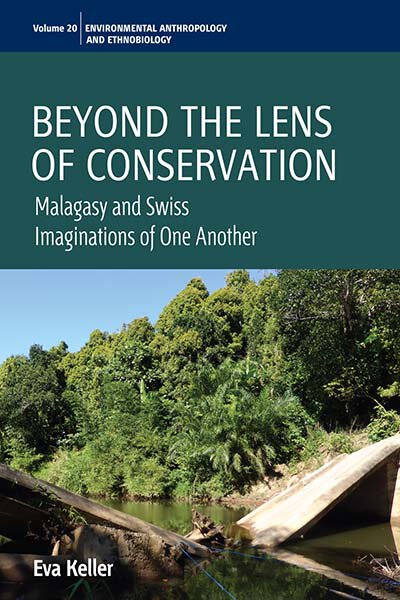 Published February 2015
Published February 2015 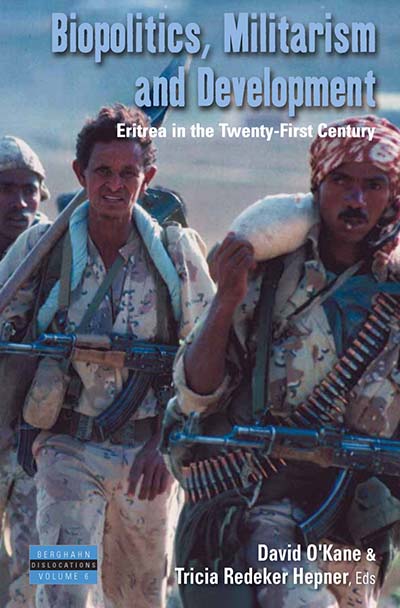 Published March 2009
Published March 2009 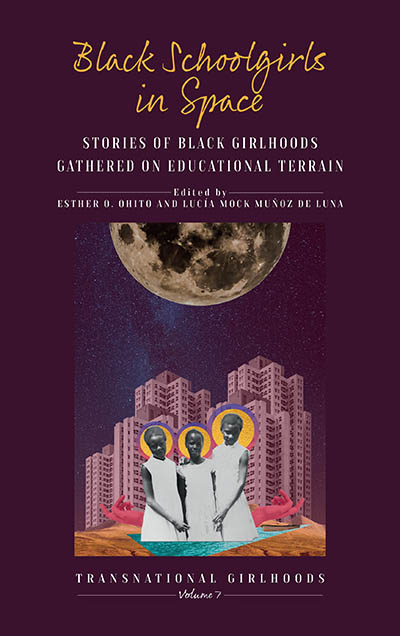 Forthcoming June 2024
Forthcoming June 2024 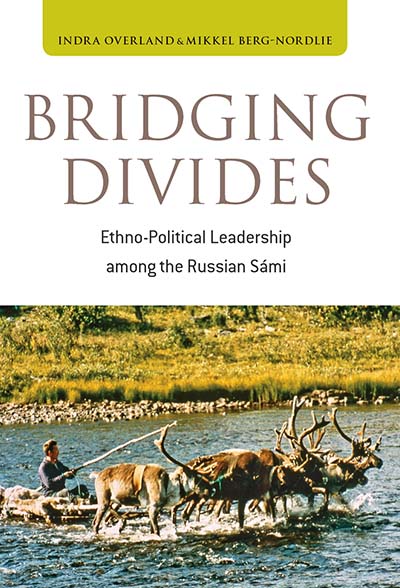 Published September 2012
Published September 2012 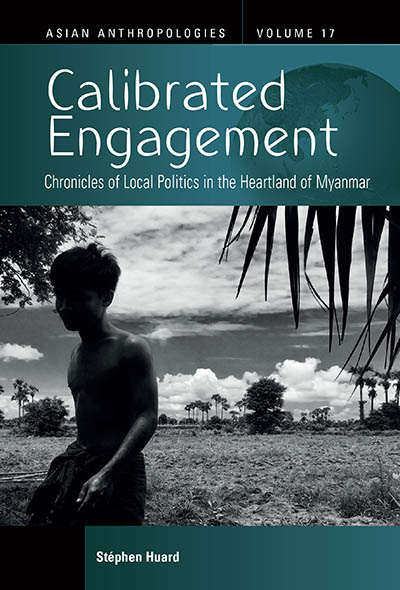 Forthcoming October 2024
Forthcoming October 2024 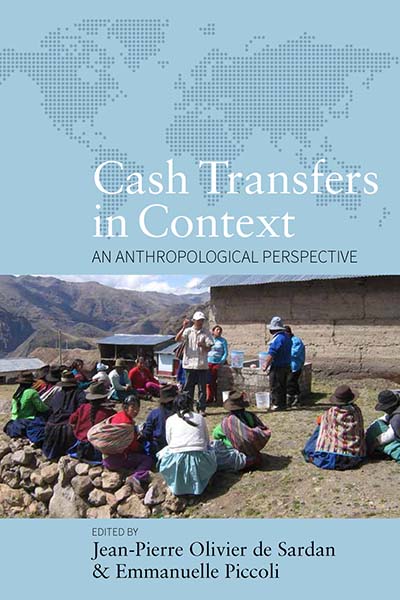 Published September 2018
Published September 2018 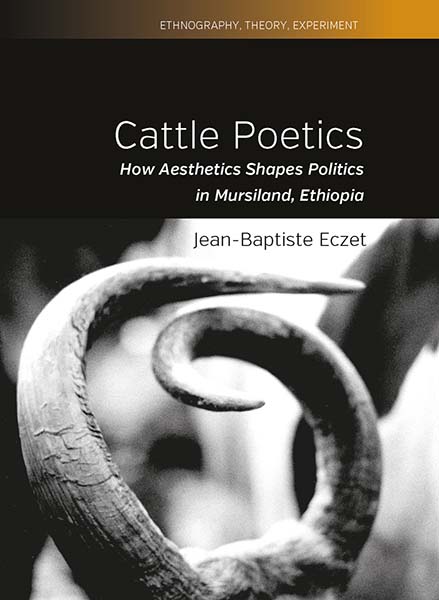 Published September 2021
Published September 2021 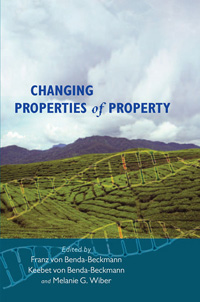 Published May 2006
Published May 2006 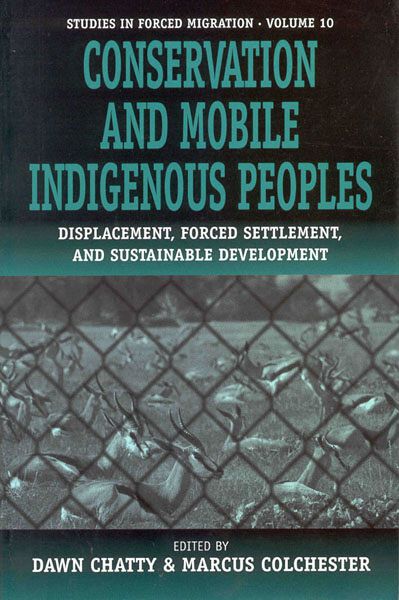 Published October 2002
Published October 2002 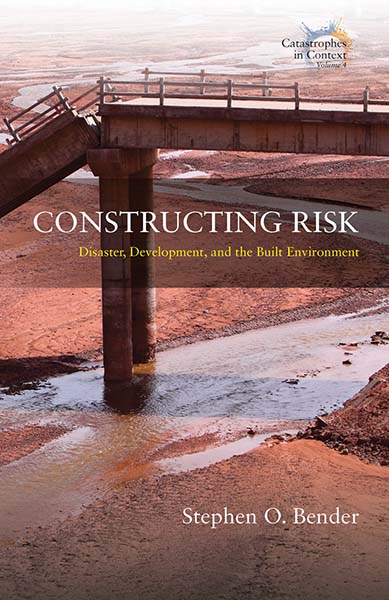 Published August 2021
Published August 2021 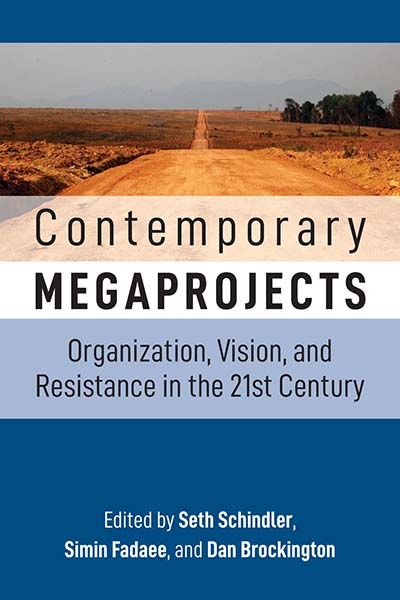 Published August 2021
Published August 2021 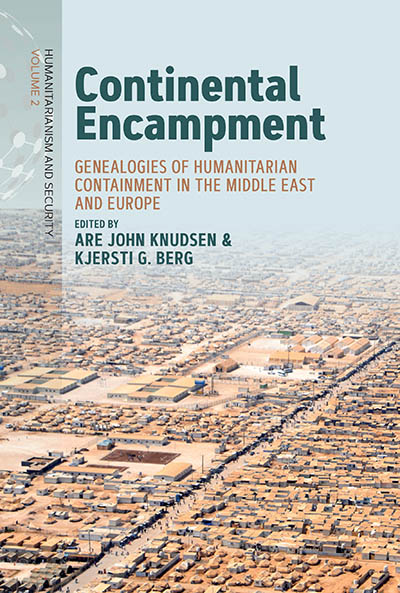 Published February 2023
Published February 2023 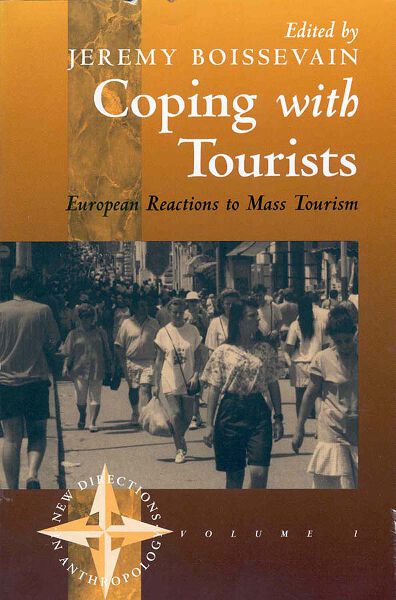 Published July 1996
Published July 1996  Published March 2013
Published March 2013 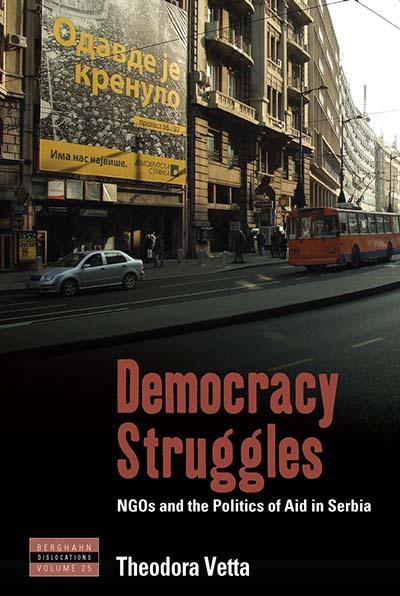 Published December 2018
Published December 2018 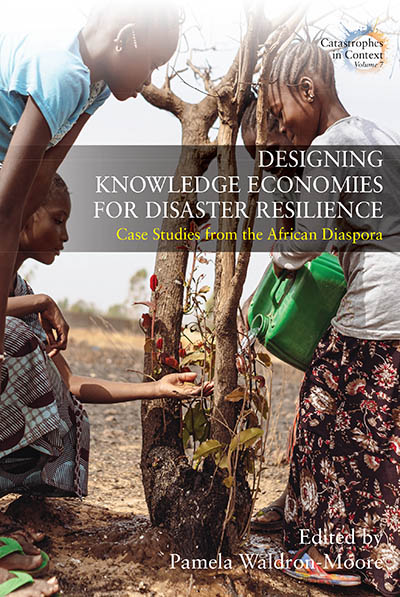 Published November 2023
Published November 2023 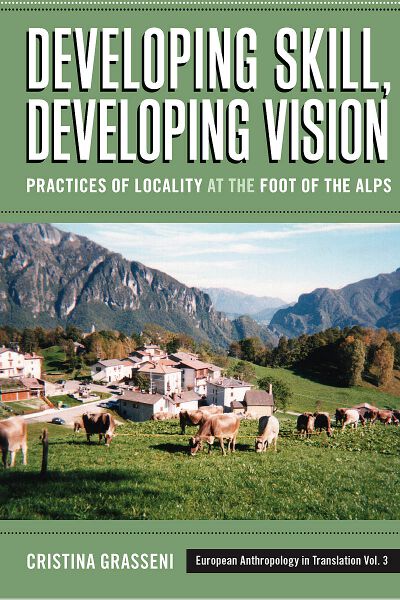 Published January 2009
Published January 2009 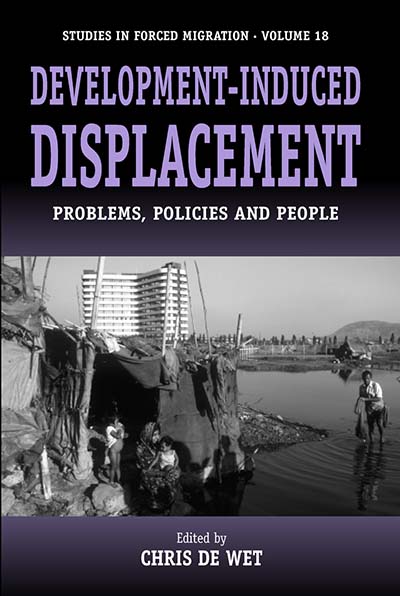 Published November 2005
Published November 2005 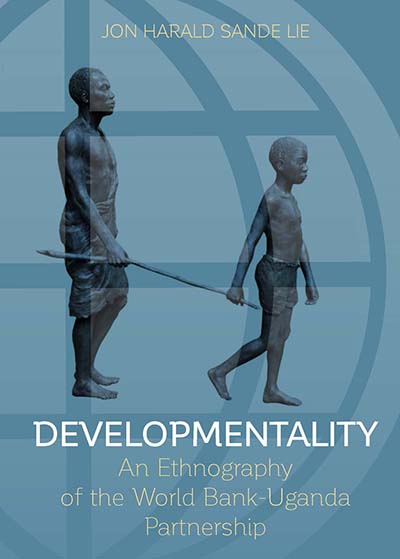 Published September 2015
Published September 2015 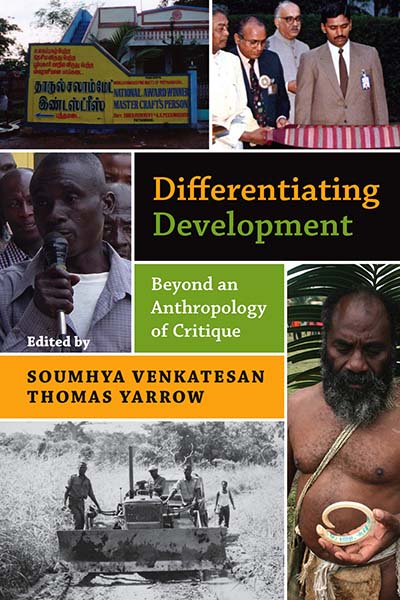 Published April 2012
Published April 2012 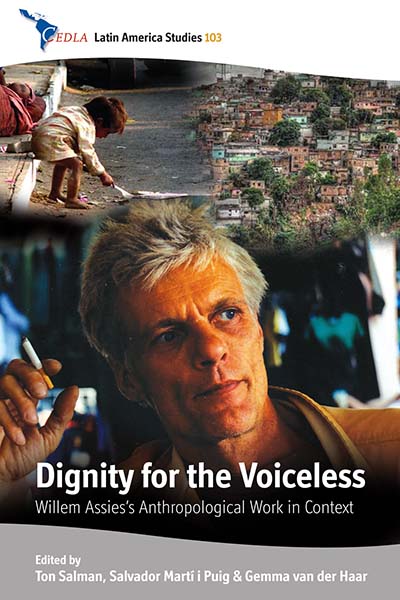 Published June 2014
Published June 2014 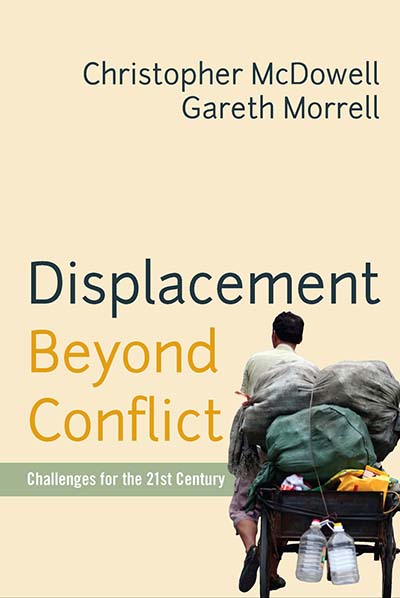 Published December 2010
Published December 2010 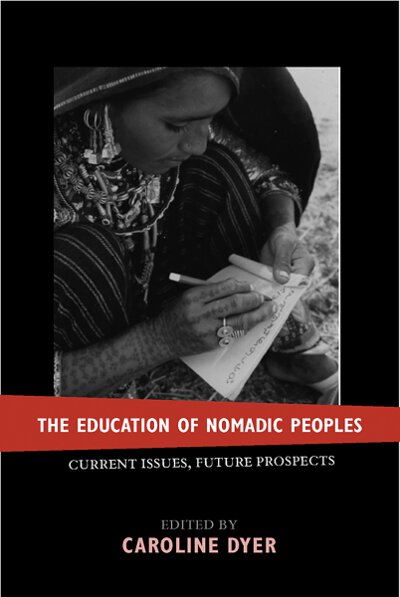 Published June 2006
Published June 2006 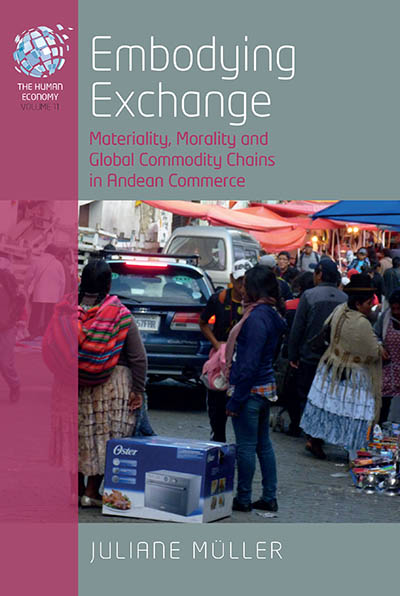 Published February 2024
Published February 2024 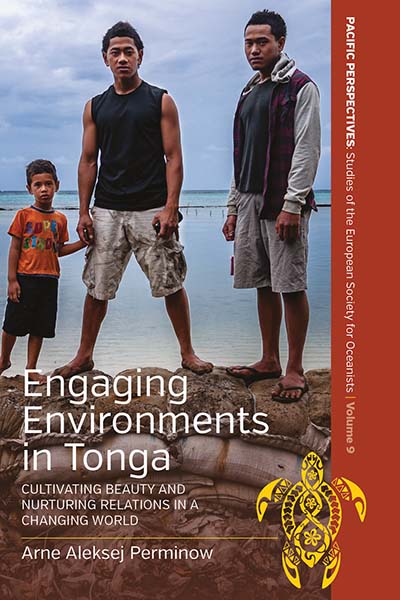 Published March 2022
Published March 2022 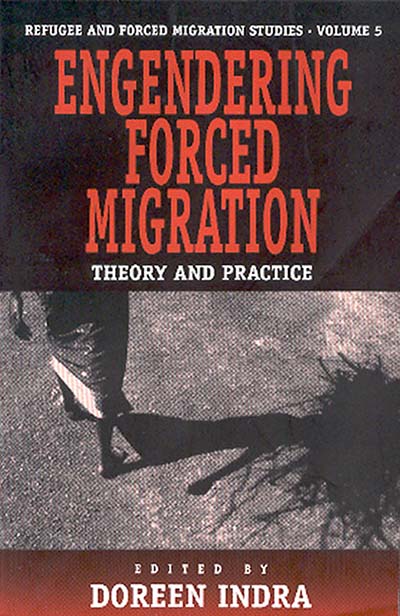 Published December 1998
Published December 1998 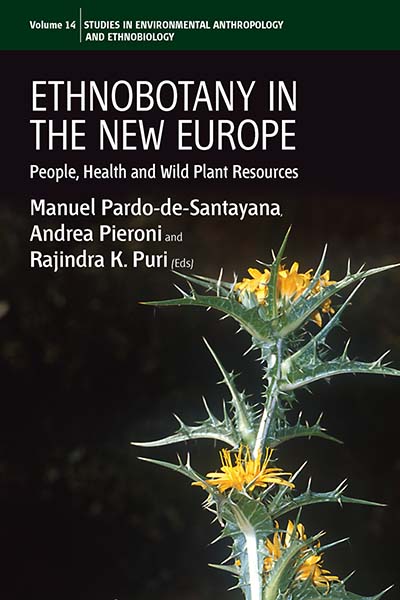 Published June 2010
Published June 2010 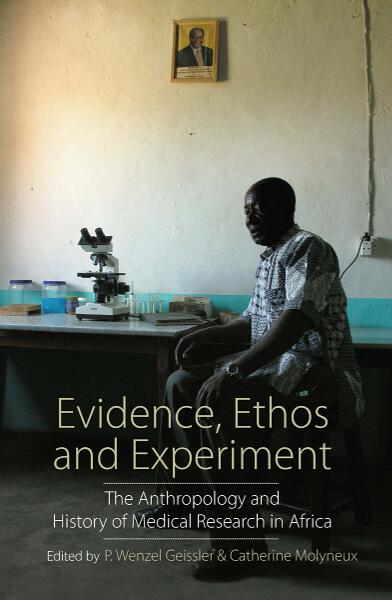 Published September 2011
Published September 2011 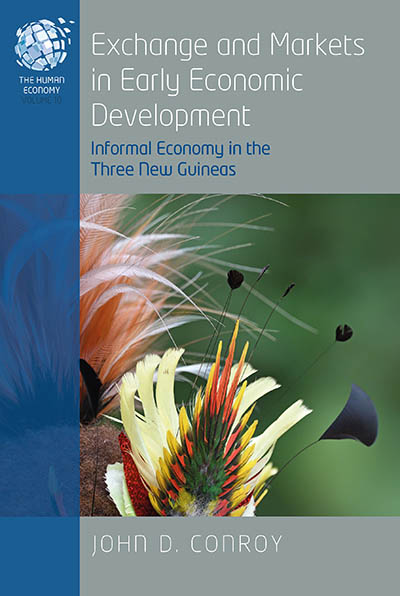 Published May 2023
Published May 2023 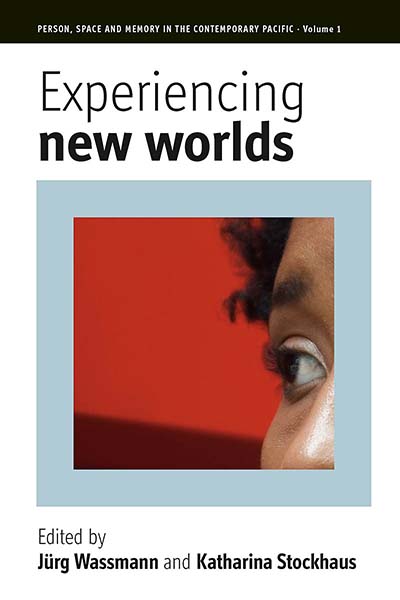 Published November 2007
Published November 2007  Published October 2001
Published October 2001 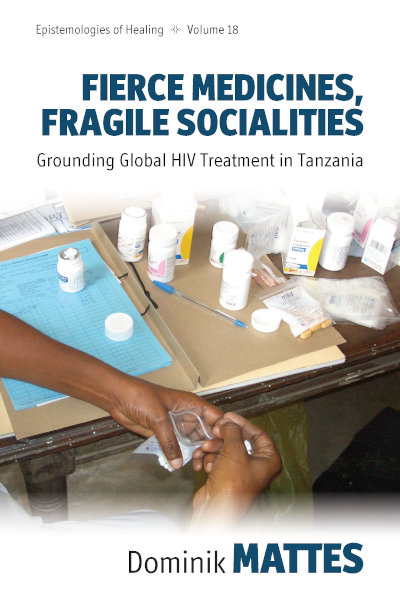 Published August 2019
Published August 2019 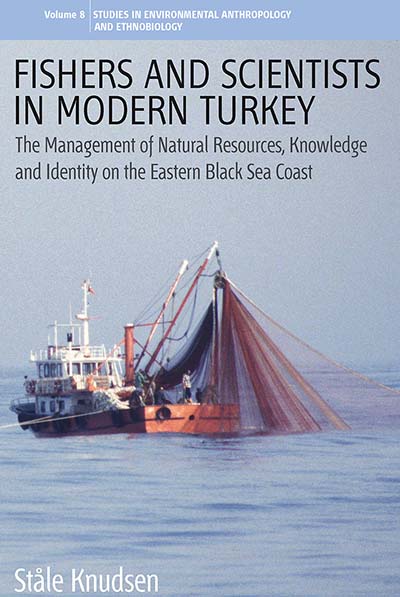 Published December 2008
Published December 2008 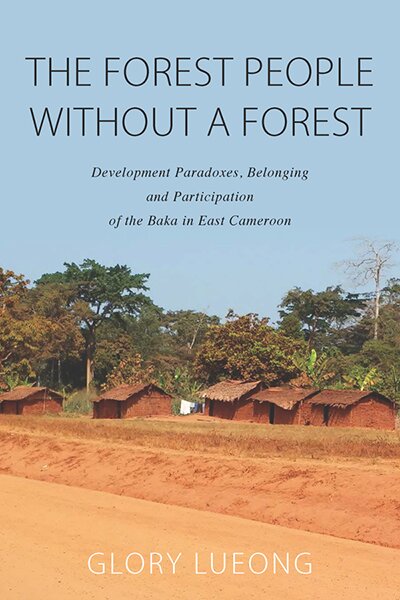 Published December 2016
Published December 2016 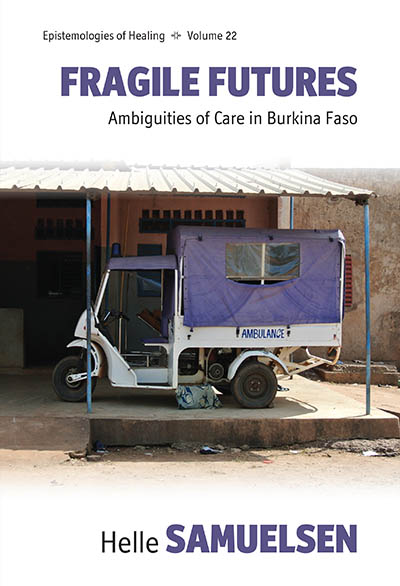 Published February 2024
Published February 2024 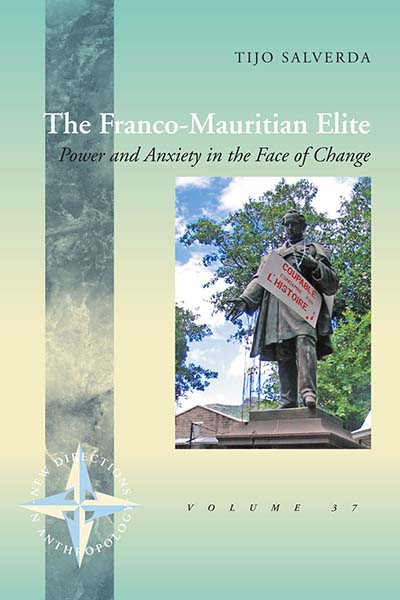 Published April 2015
Published April 2015  Published August 2009
Published August 2009 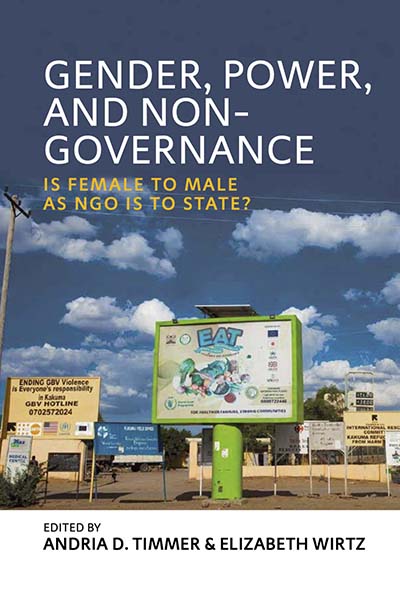 Published May 2022
Published May 2022  Published April 2023
Published April 2023 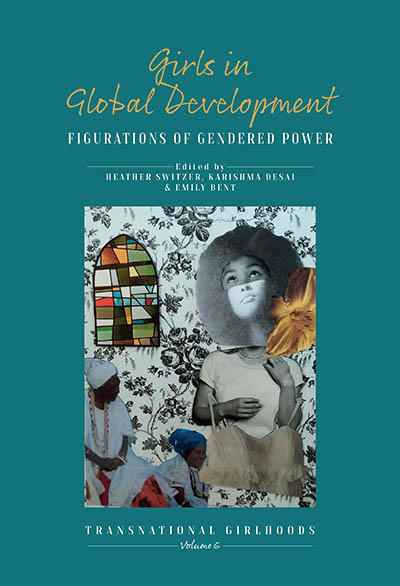 Published December 2023
Published December 2023 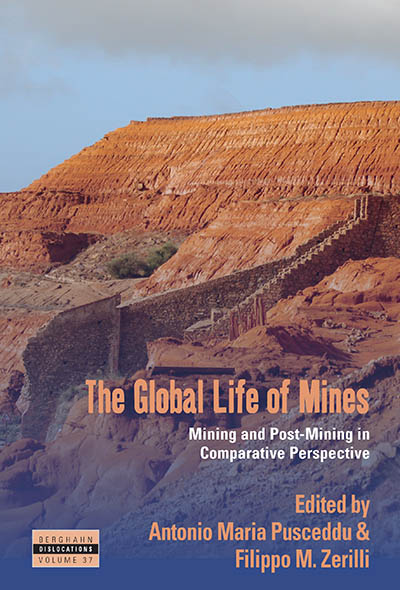 Forthcoming July 2024
Forthcoming July 2024 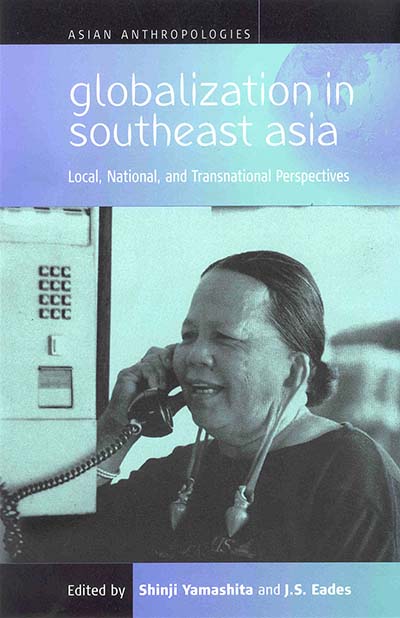 Published December 2002
Published December 2002  Published May 2017
Published May 2017 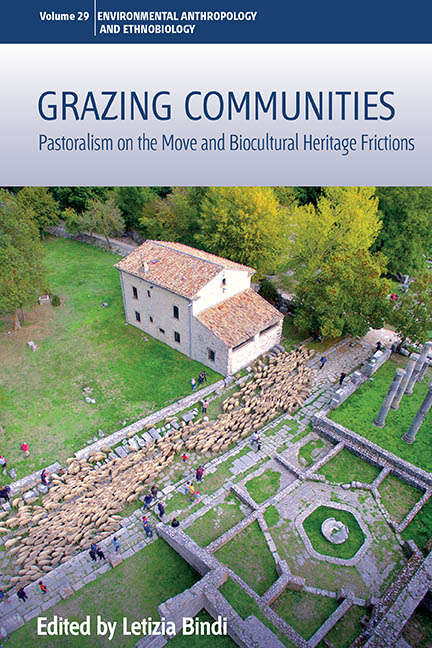 Published May 2022
Published May 2022 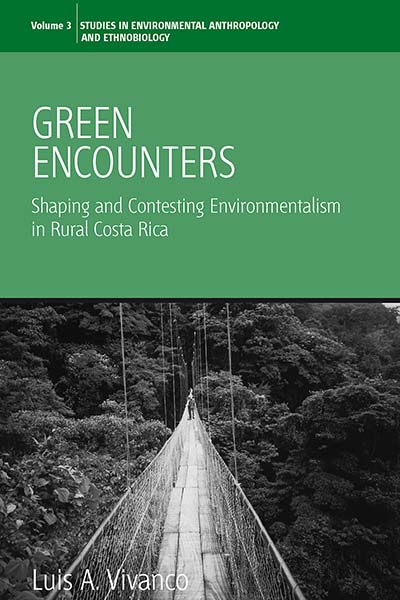 Published June 2006
Published June 2006 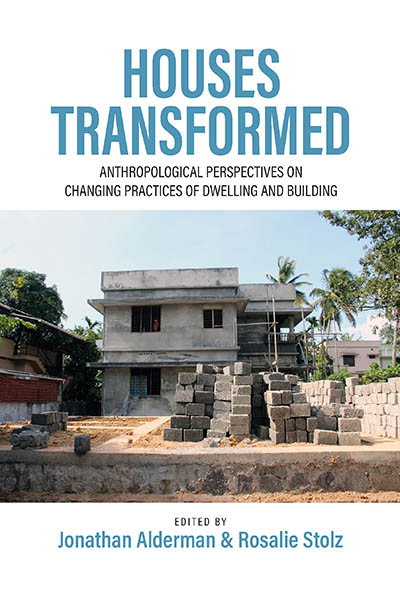 Published January 2024
Published January 2024 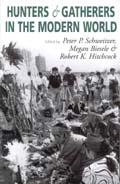 Published April 2000
Published April 2000 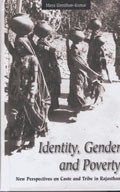 Published August 1997
Published August 1997 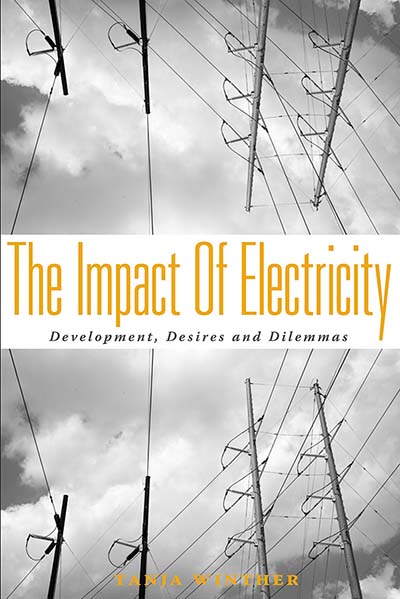 Published September 2008
Published September 2008 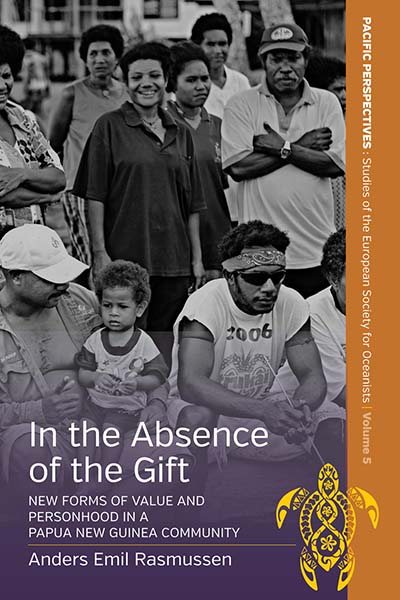 Published September 2015
Published September 2015 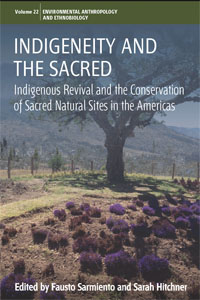 Published June 2017
Published June 2017 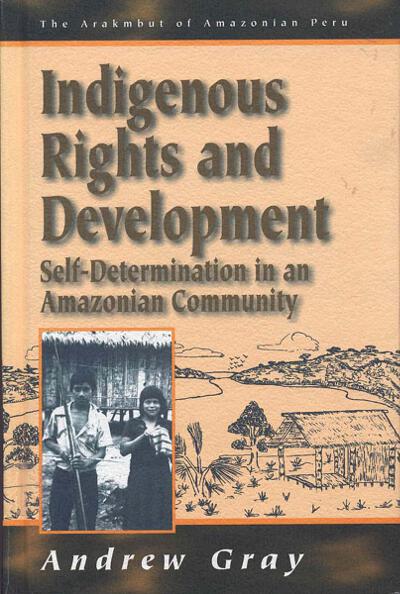 Published September 1997
Published September 1997 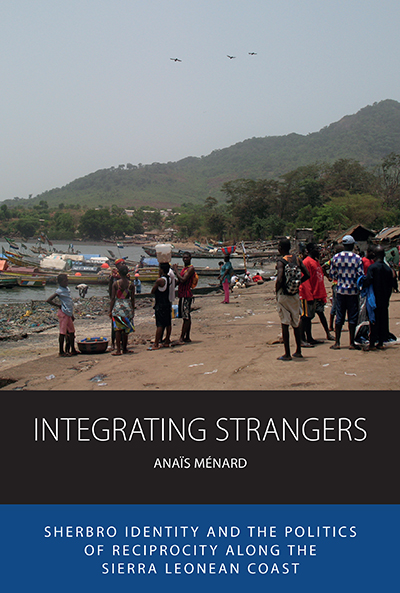 Published April 2023
Published April 2023 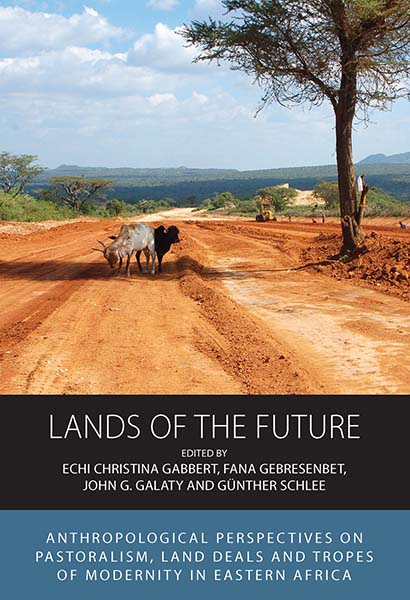 Published January 2021
Published January 2021 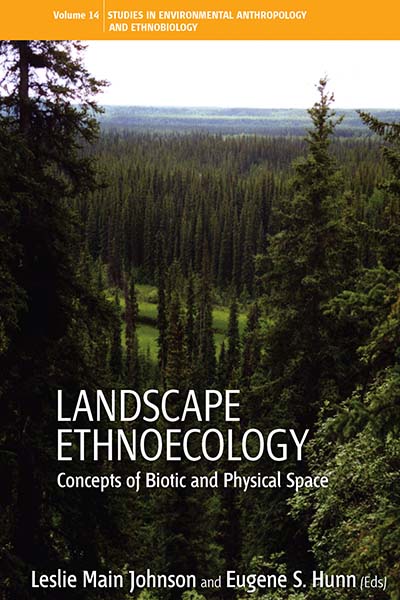 Published February 2010
Published February 2010 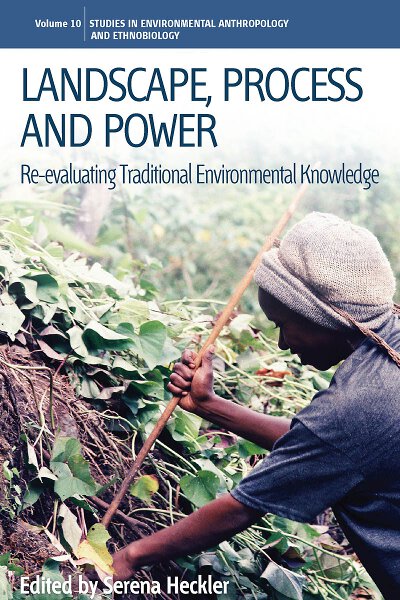 Published April 2009
Published April 2009 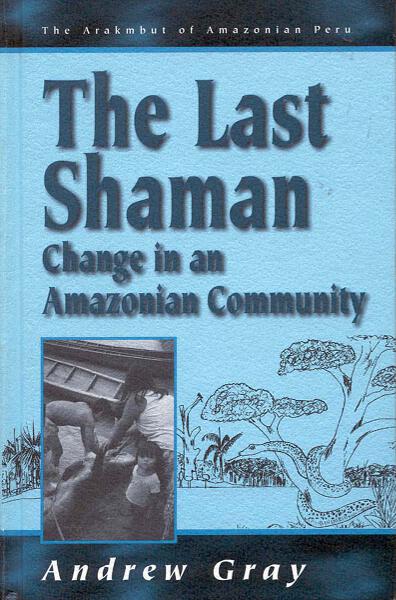 Published March 1997
Published March 1997  Published July 2016
Published July 2016 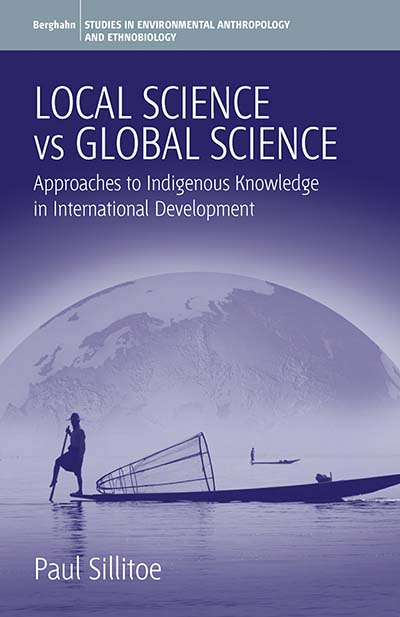 Published December 2006
Published December 2006 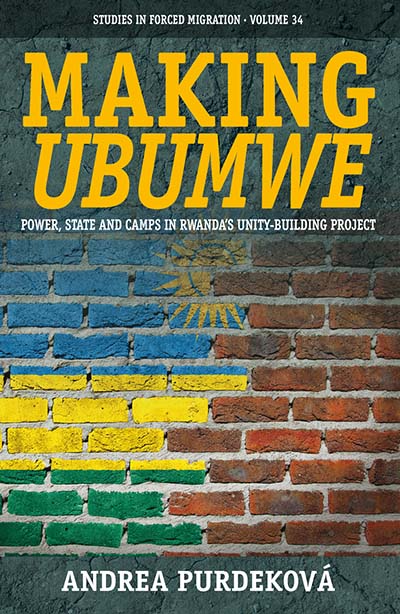 Published October 2015
Published October 2015 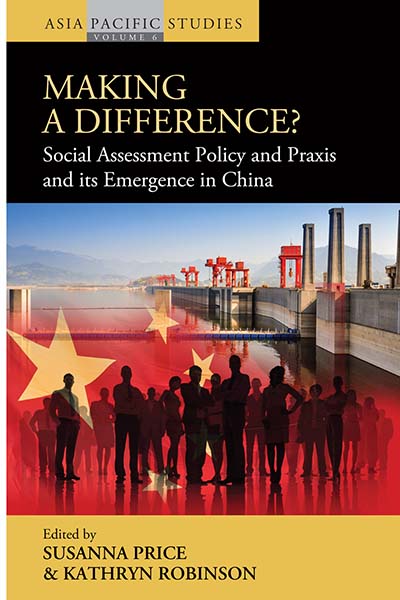 Published January 2015
Published January 2015 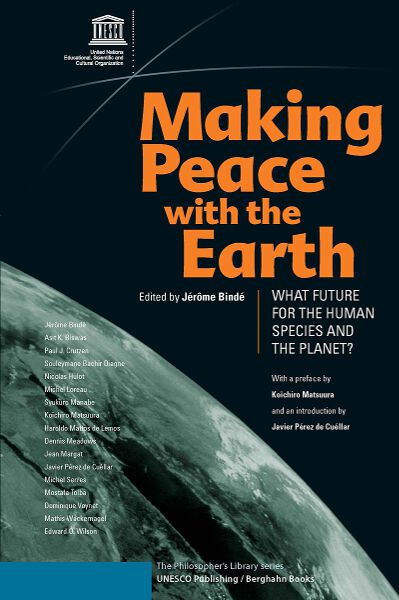 Published January 2007
Published January 2007 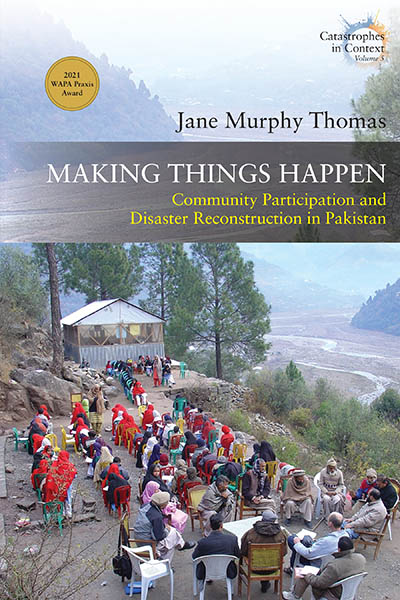 Published July 2022
Published July 2022 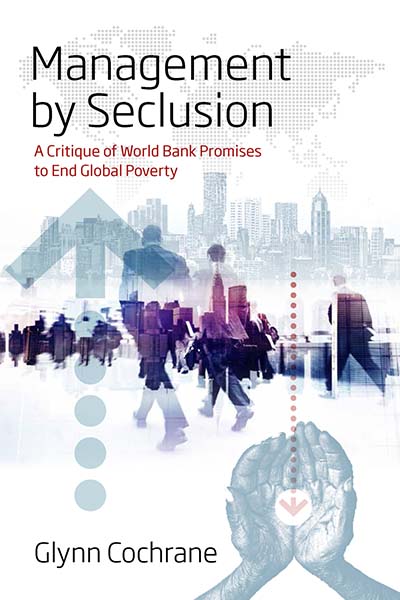 Published May 2019
Published May 2019 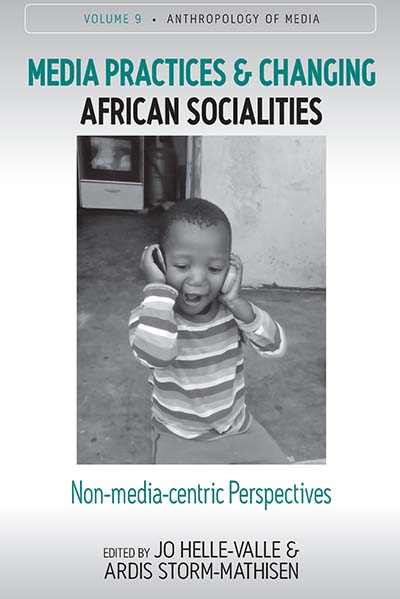 Published March 2020
Published March 2020 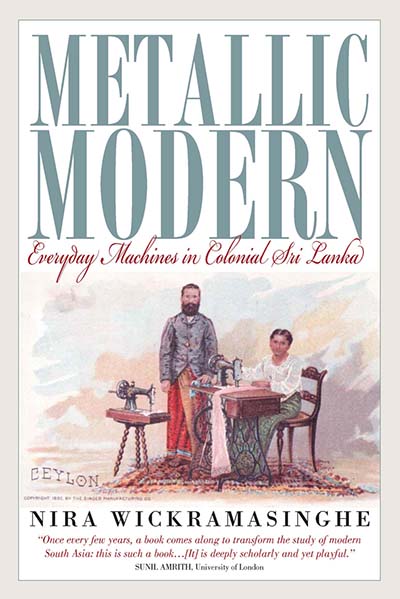 Published January 2014
Published January 2014 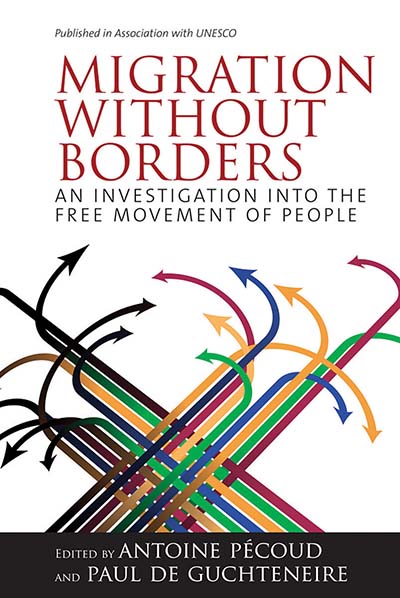 Published November 2007
Published November 2007 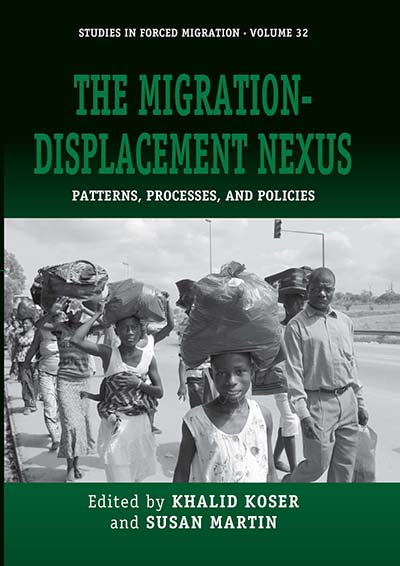 Published September 2011
Published September 2011 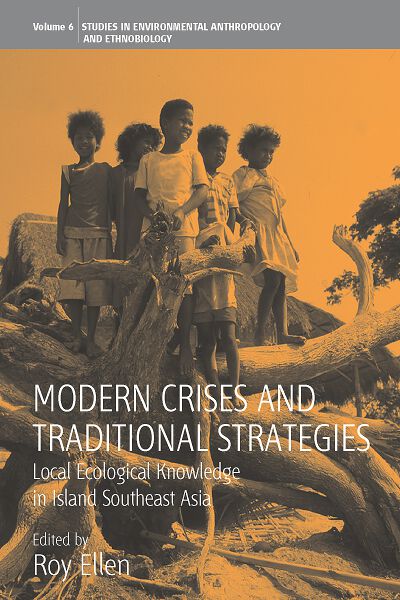 Published July 2007
Published July 2007  Published April 2015
Published April 2015 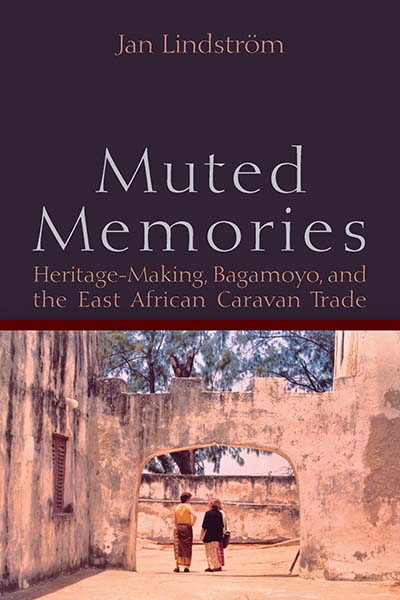 Published August 2019
Published August 2019 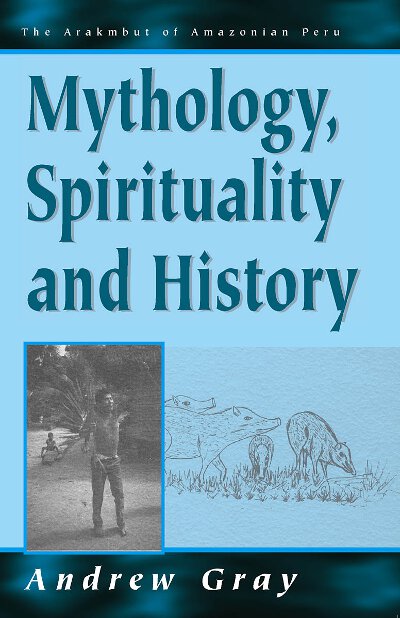 Published September 1996
Published September 1996 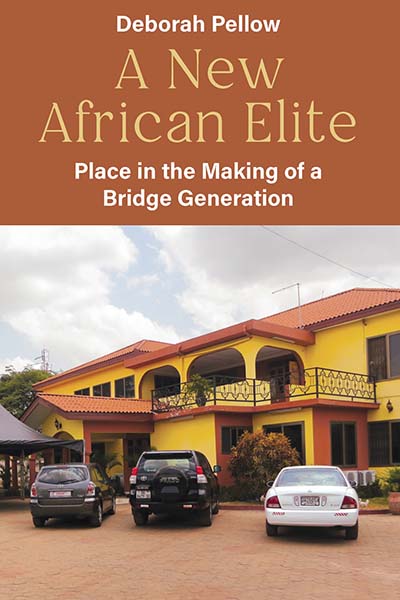 Published March 2022
Published March 2022 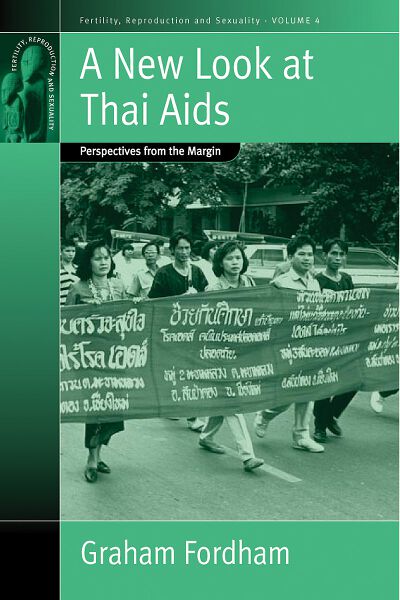 Published December 2004
Published December 2004 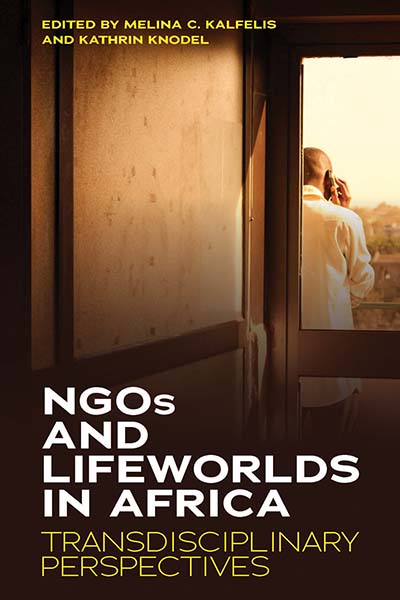 Published June 2021
Published June 2021 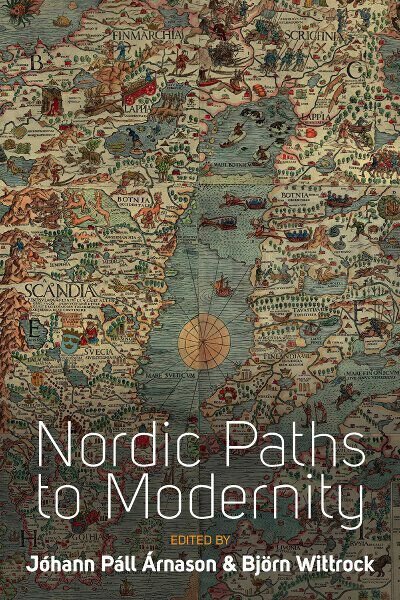 Published February 2012
Published February 2012 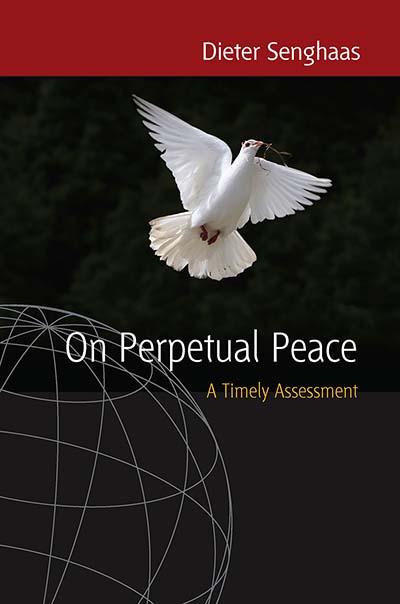 Published October 2007
Published October 2007 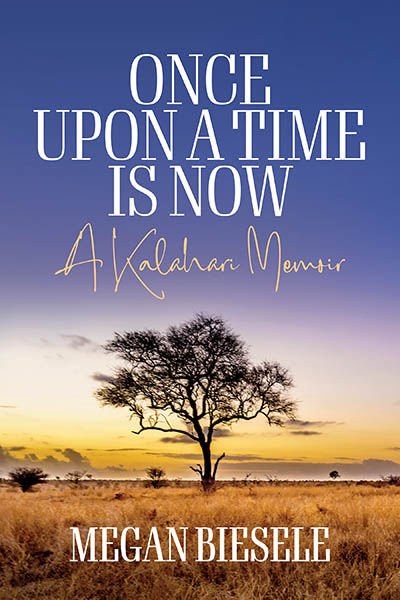 Published July 2023
Published July 2023 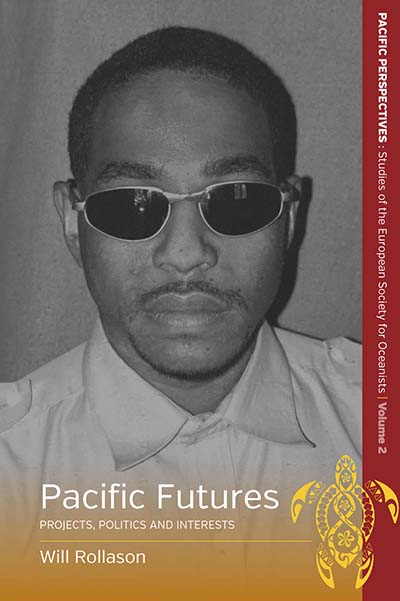 Published July 2014
Published July 2014 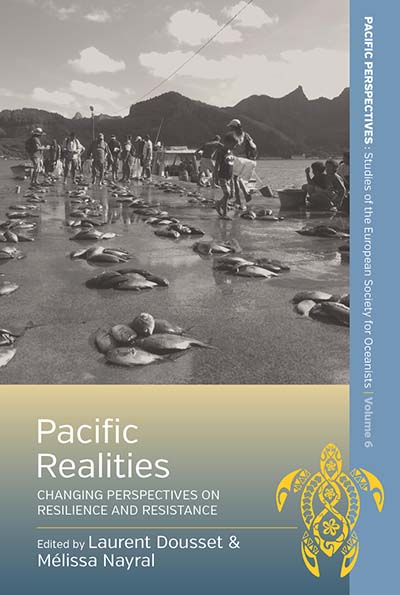 Published November 2018
Published November 2018 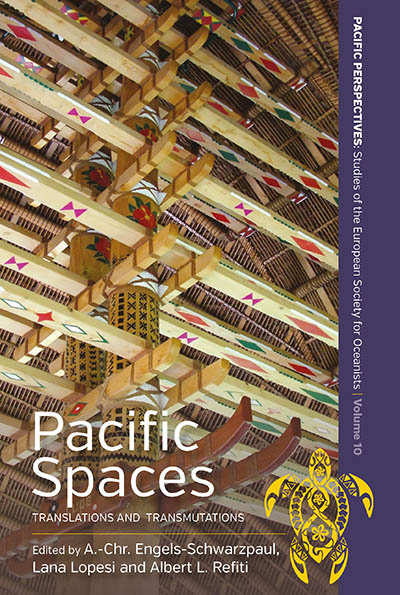 Published October 2022
Published October 2022 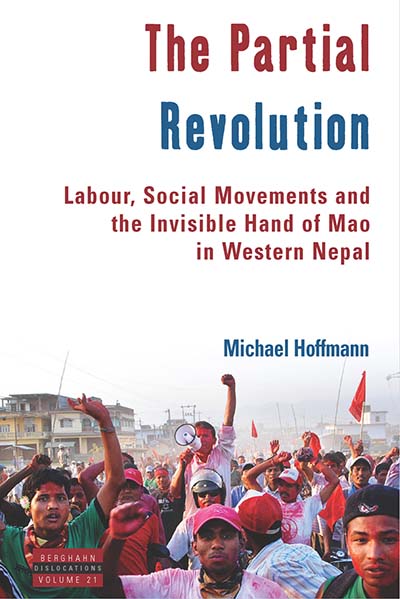 Published January 2018
Published January 2018 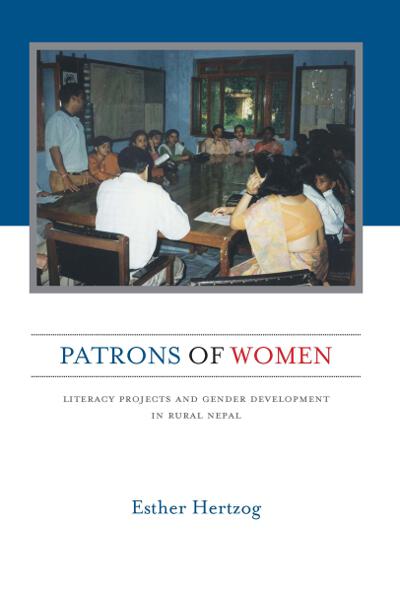 Published May 2011
Published May 2011 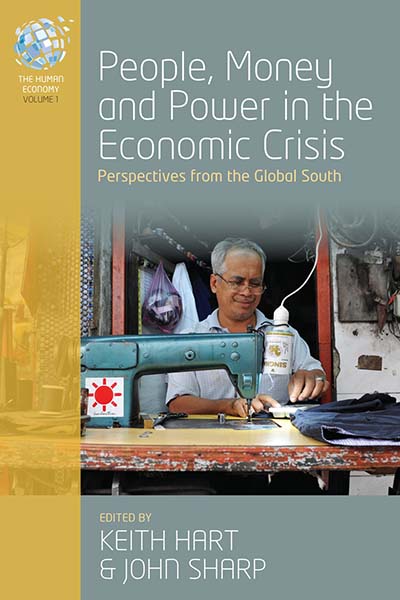 Published October 2014
Published October 2014 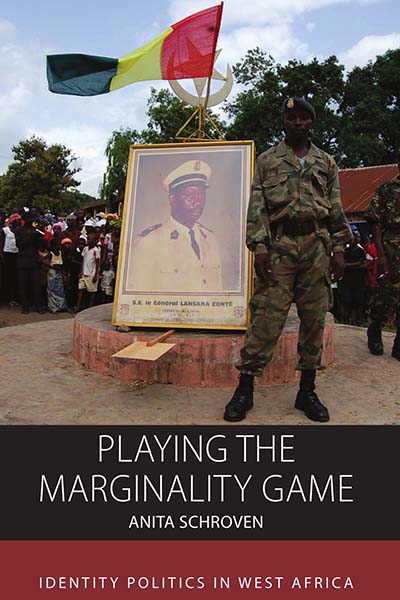 Published March 2019
Published March 2019 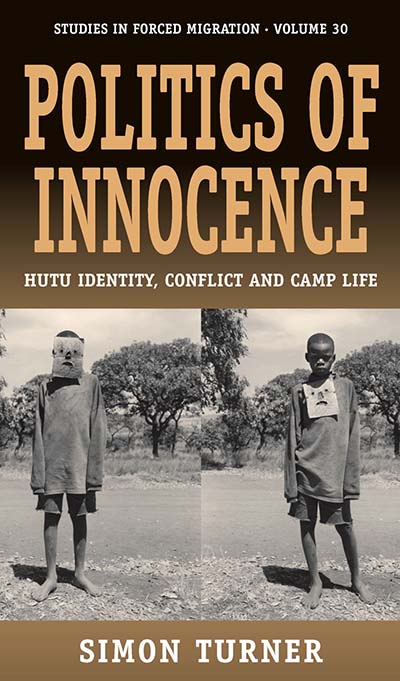 Published July 2010
Published July 2010 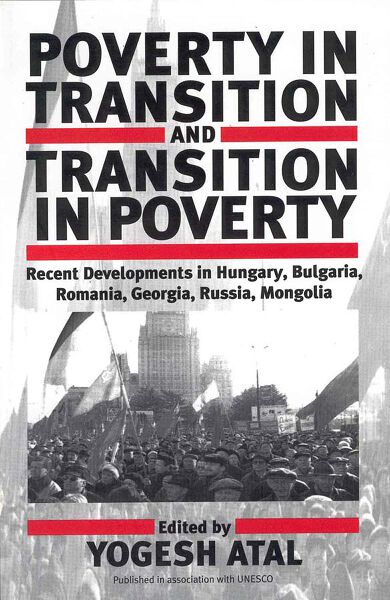 Published March 1999
Published March 1999  Published May 2009
Published May 2009 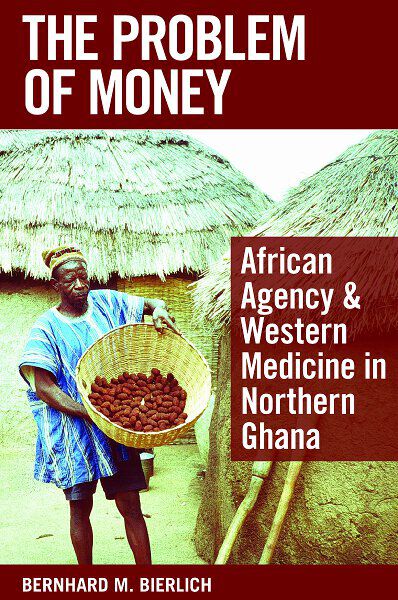 Published December 2007
Published December 2007 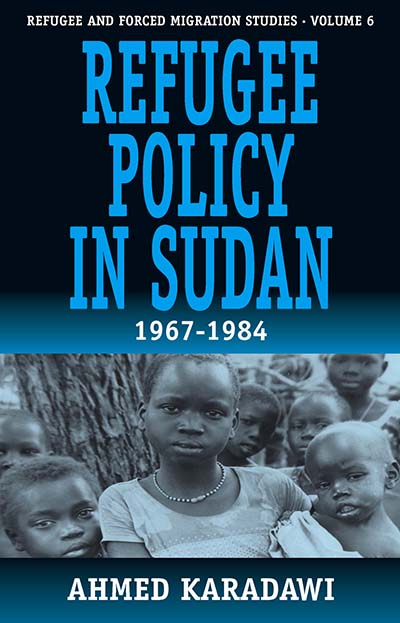 Published April 1999
Published April 1999 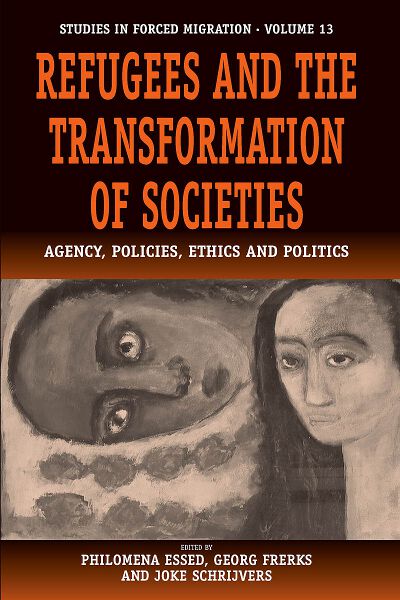 Published June 2004
Published June 2004 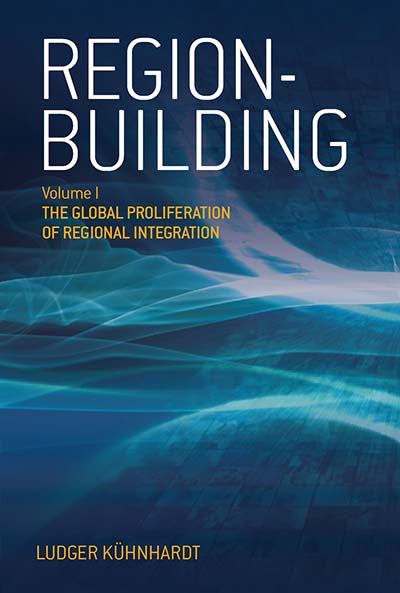 Published July 2010
Published July 2010 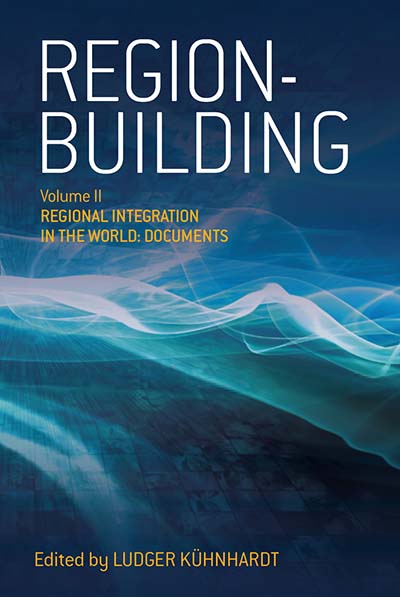 Published July 2010
Published July 2010 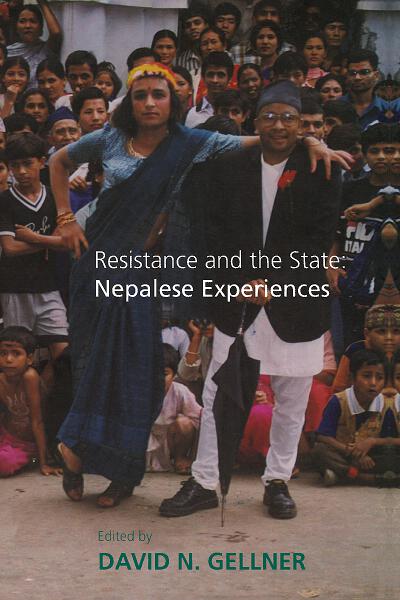 Published April 2007
Published April 2007 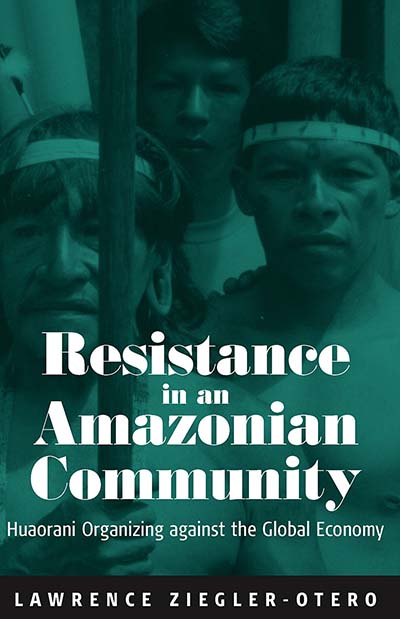 Published July 2004
Published July 2004 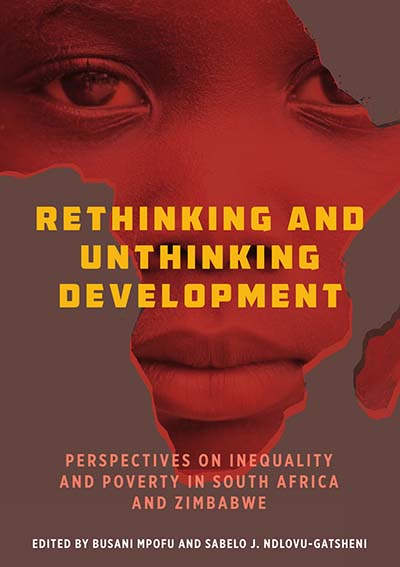 Published March 2019
Published March 2019 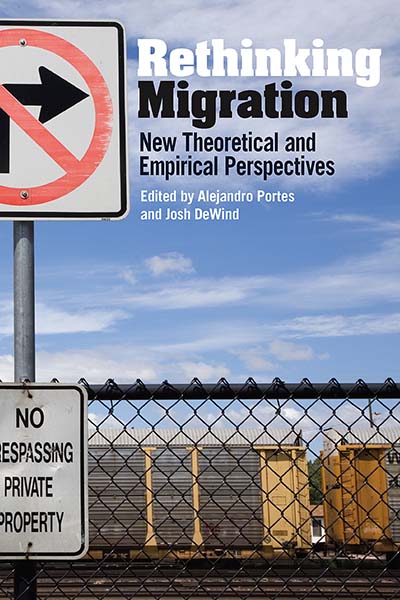 Published July 2007
Published July 2007 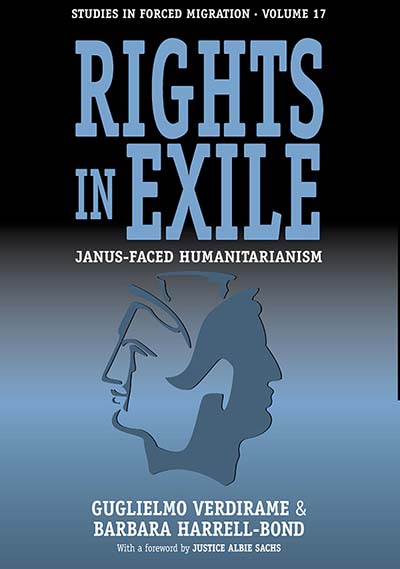 Published April 2005
Published April 2005 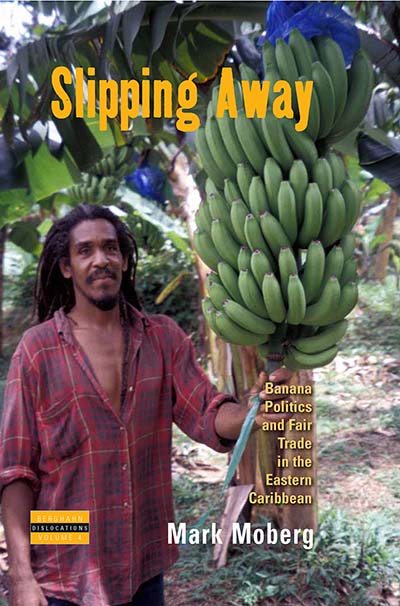 Published November 2008
Published November 2008 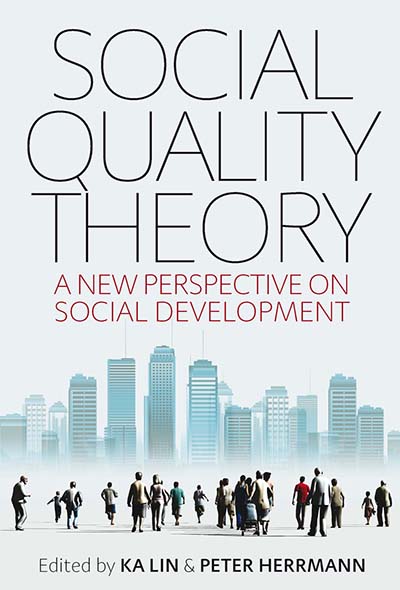 Published July 2015
Published July 2015 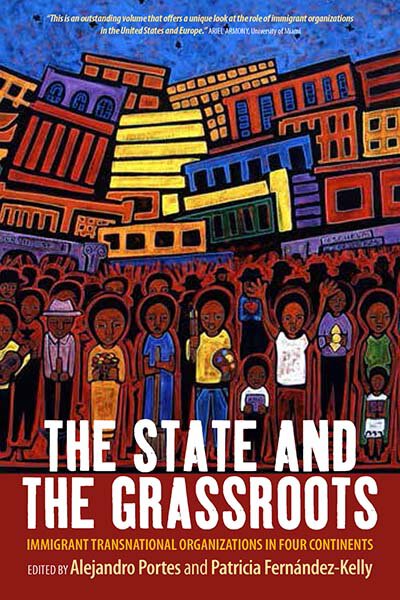 Published July 2015
Published July 2015 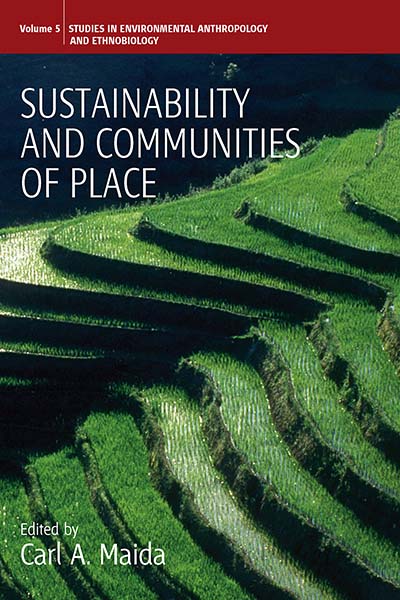 Published April 2007
Published April 2007 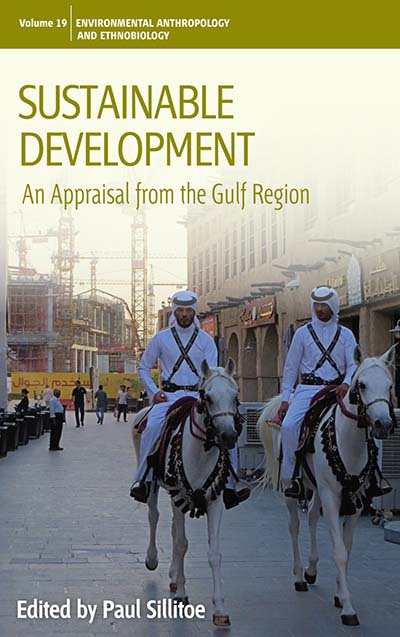 Published August 2014
Published August 2014 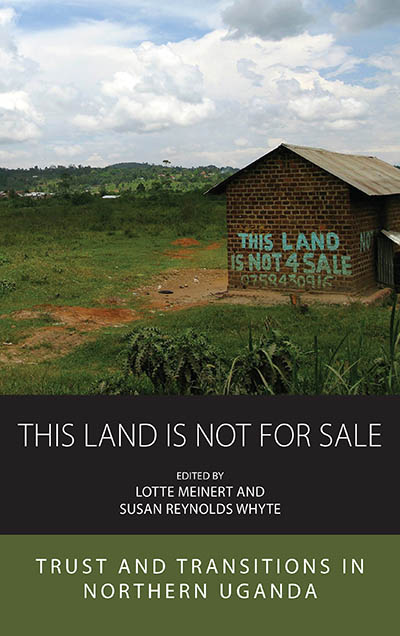 Published January 2023
Published January 2023 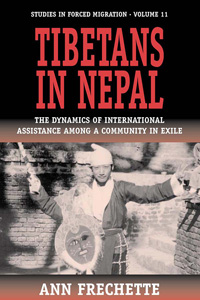 Published December 2002
Published December 2002 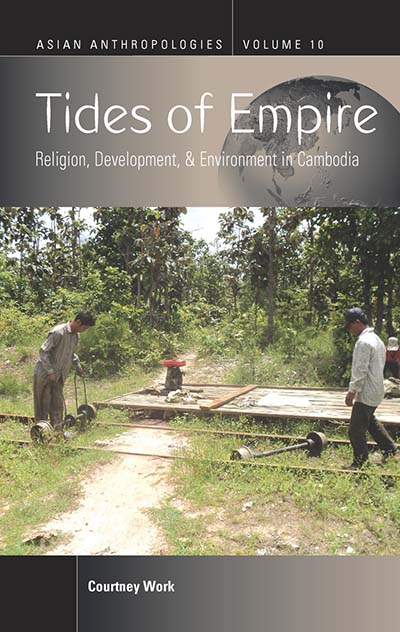 Published July 2020
Published July 2020  Published February 2015
Published February 2015 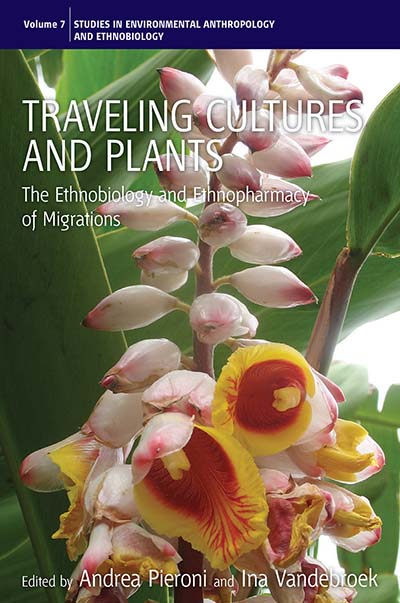 Published December 2007
Published December 2007 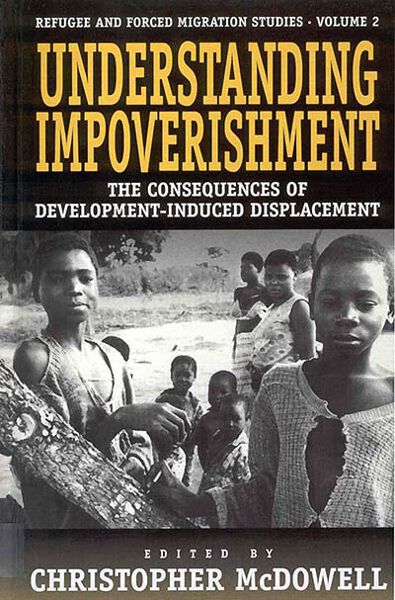 Published September 1996
Published September 1996 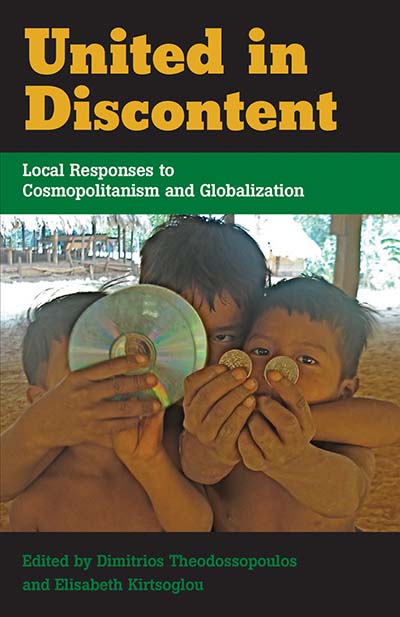 Published November 2009
Published November 2009 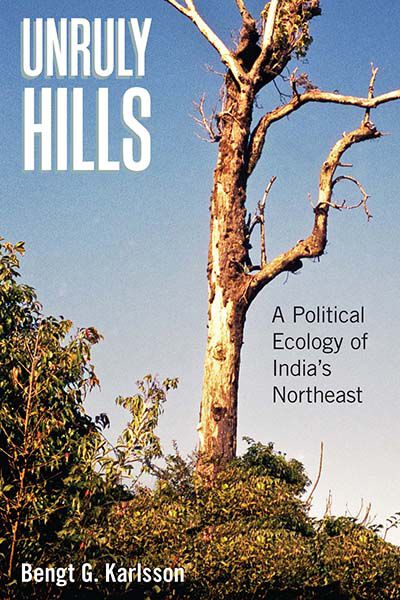 Published May 2011
Published May 2011 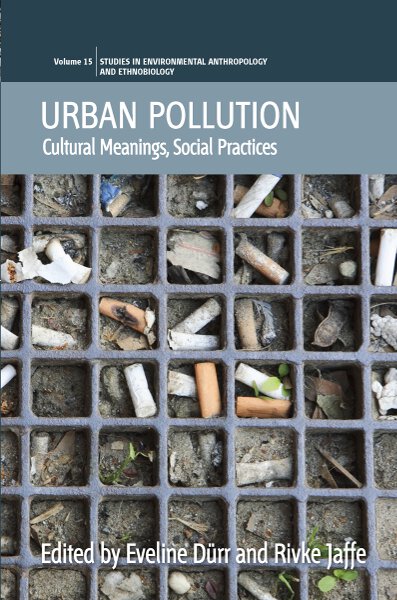 Published August 2010
Published August 2010 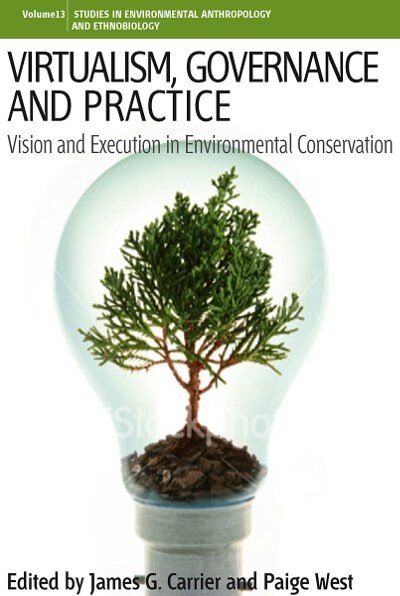 Published November 2009
Published November 2009 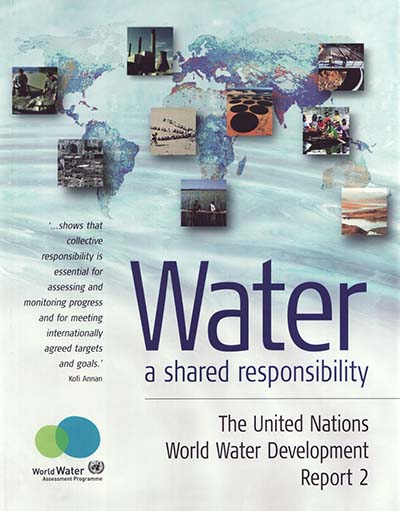 Published January 2006
Published January 2006 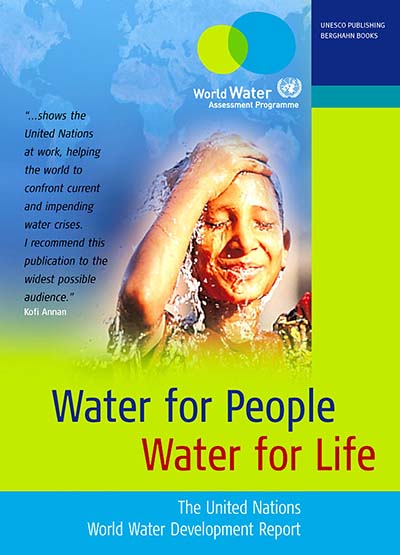 Published April 2003
Published April 2003 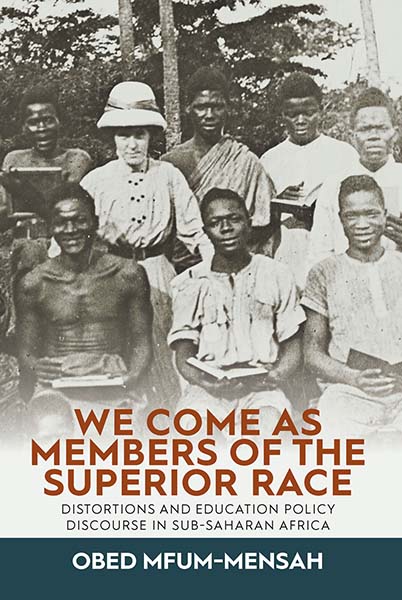 Published October 2020
Published October 2020 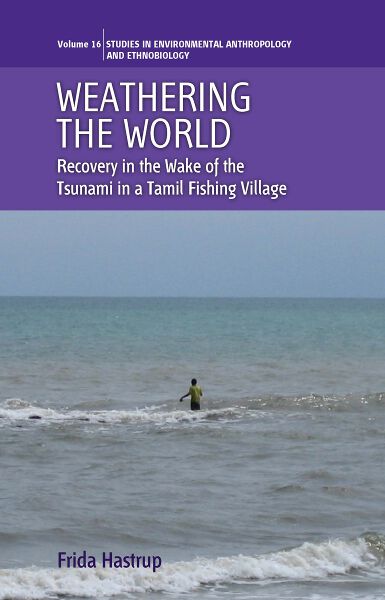 Published August 2011
Published August 2011 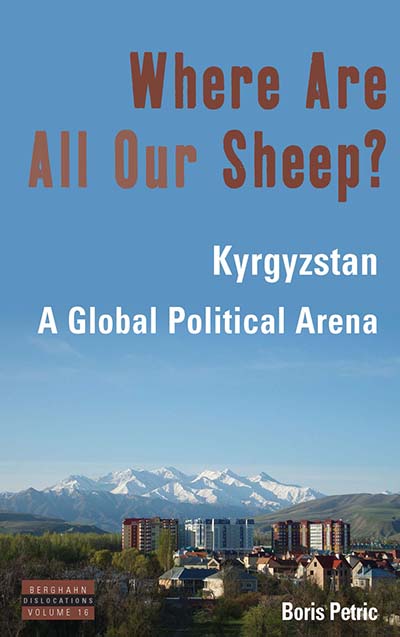 Published September 2015
Published September 2015 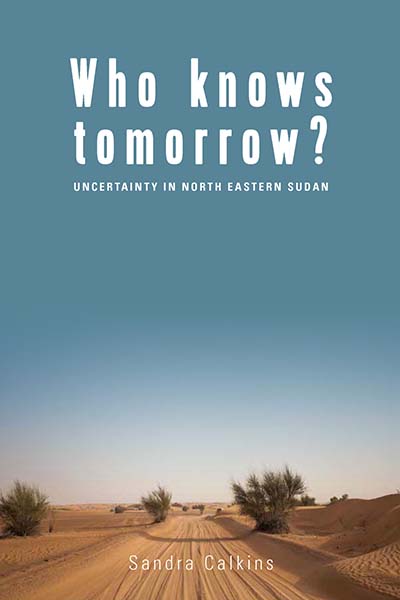 Published February 2016
Published February 2016 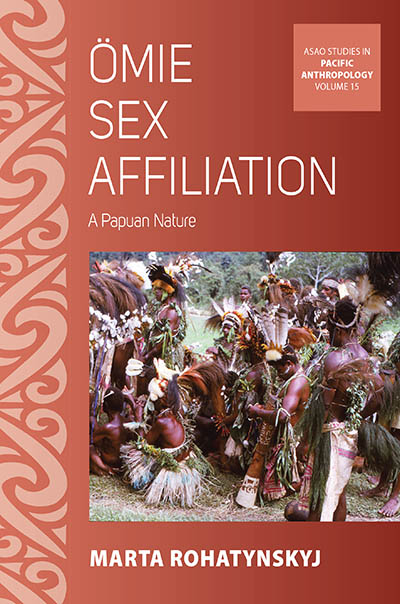 Published October 2022
Published October 2022